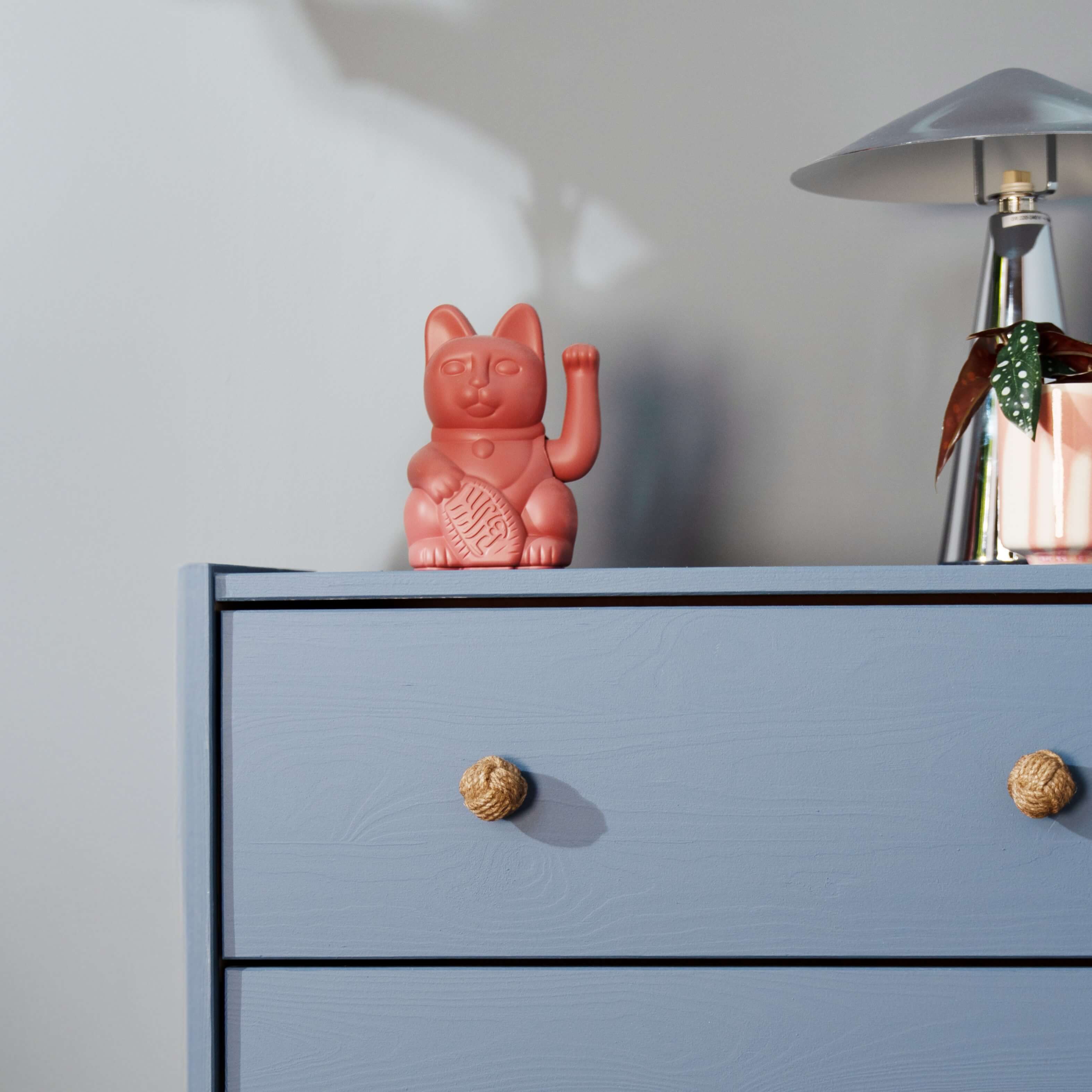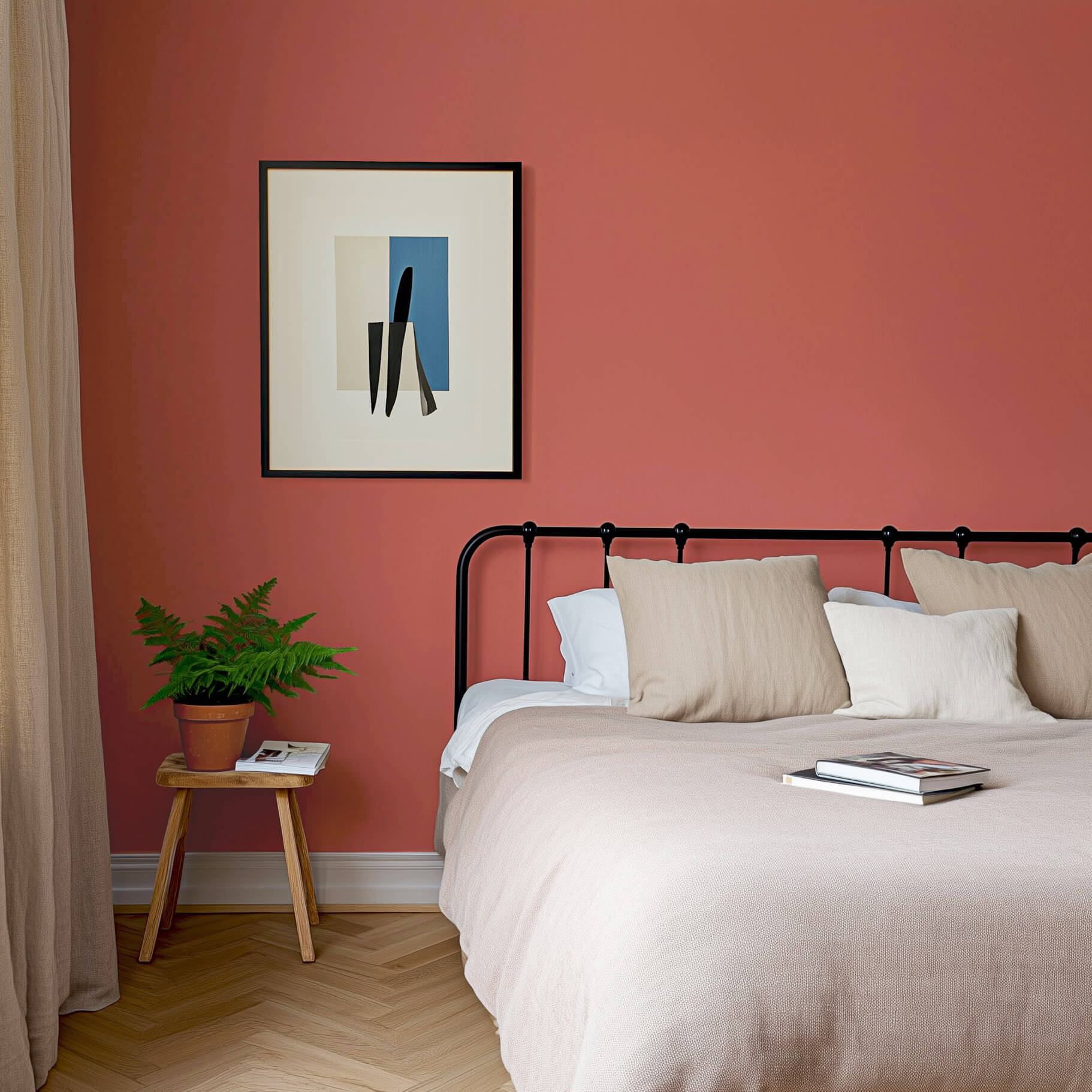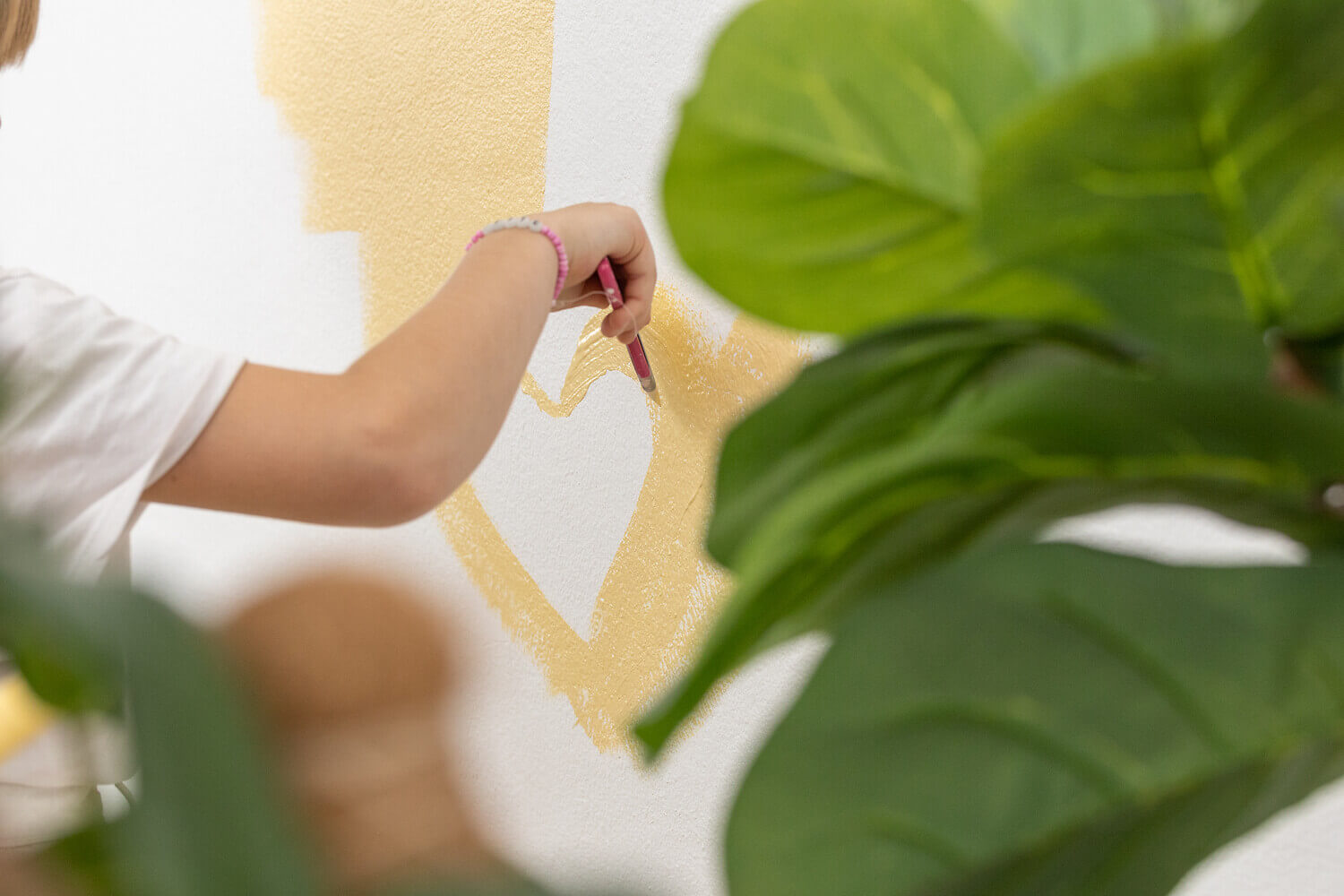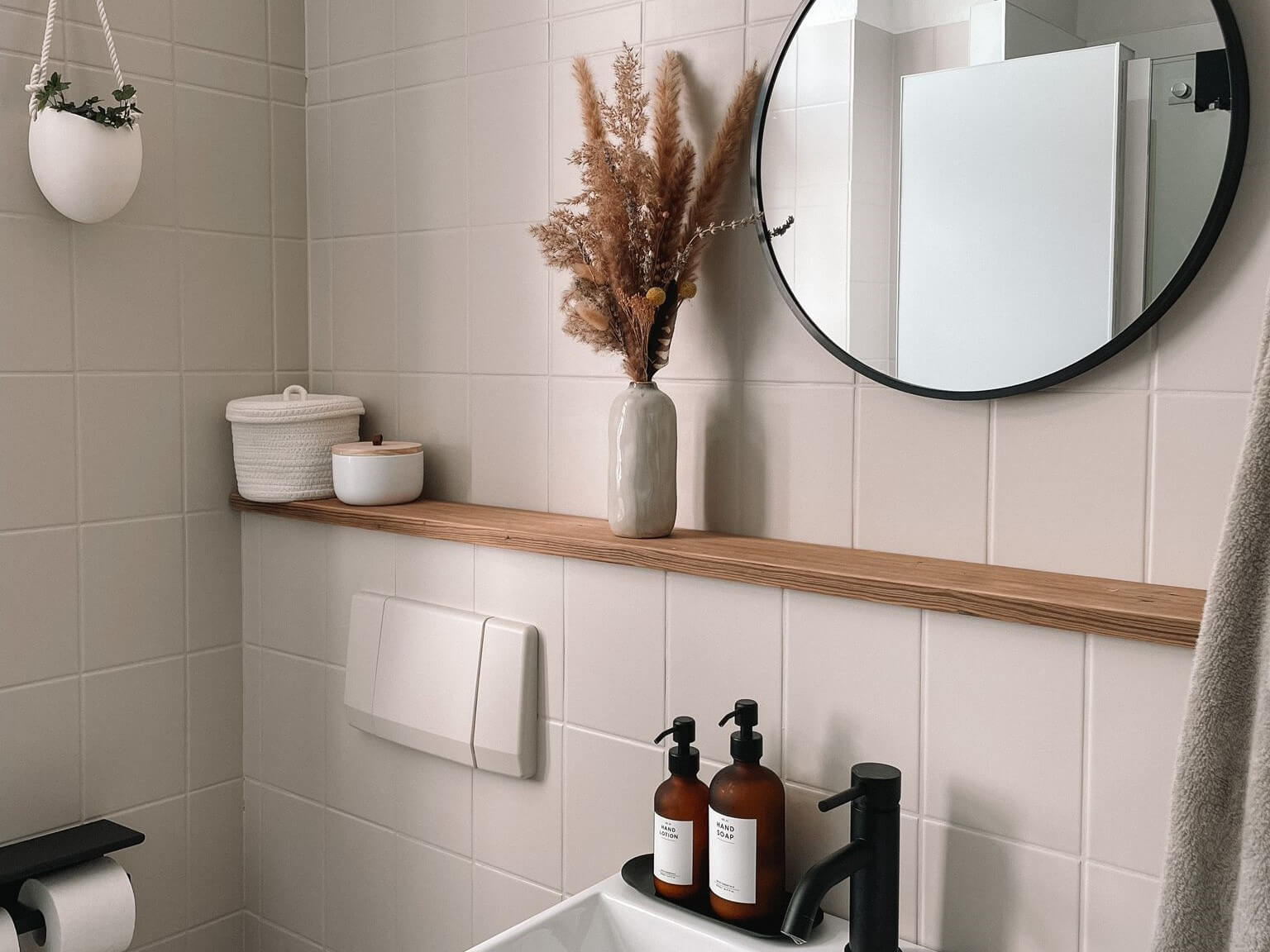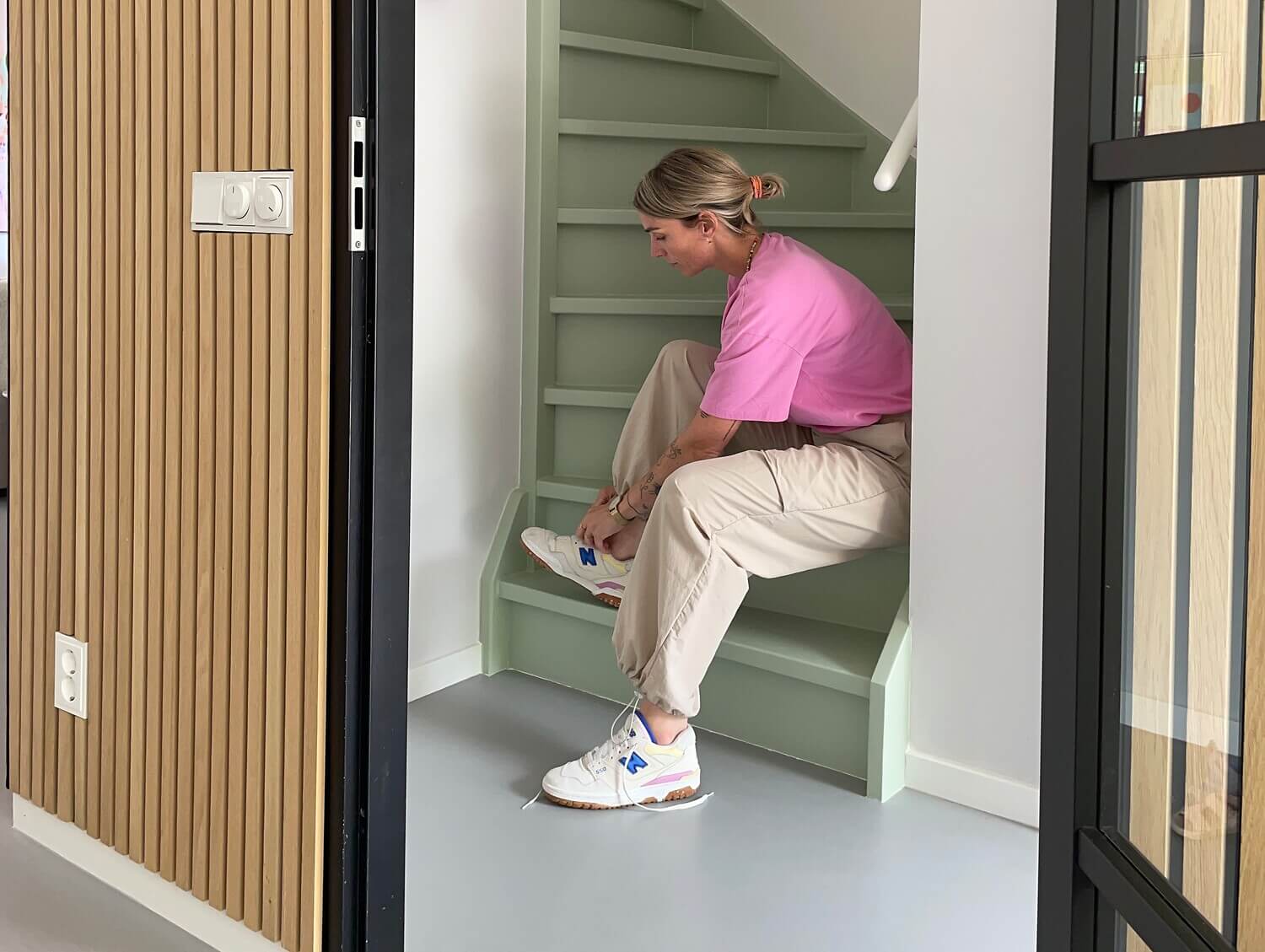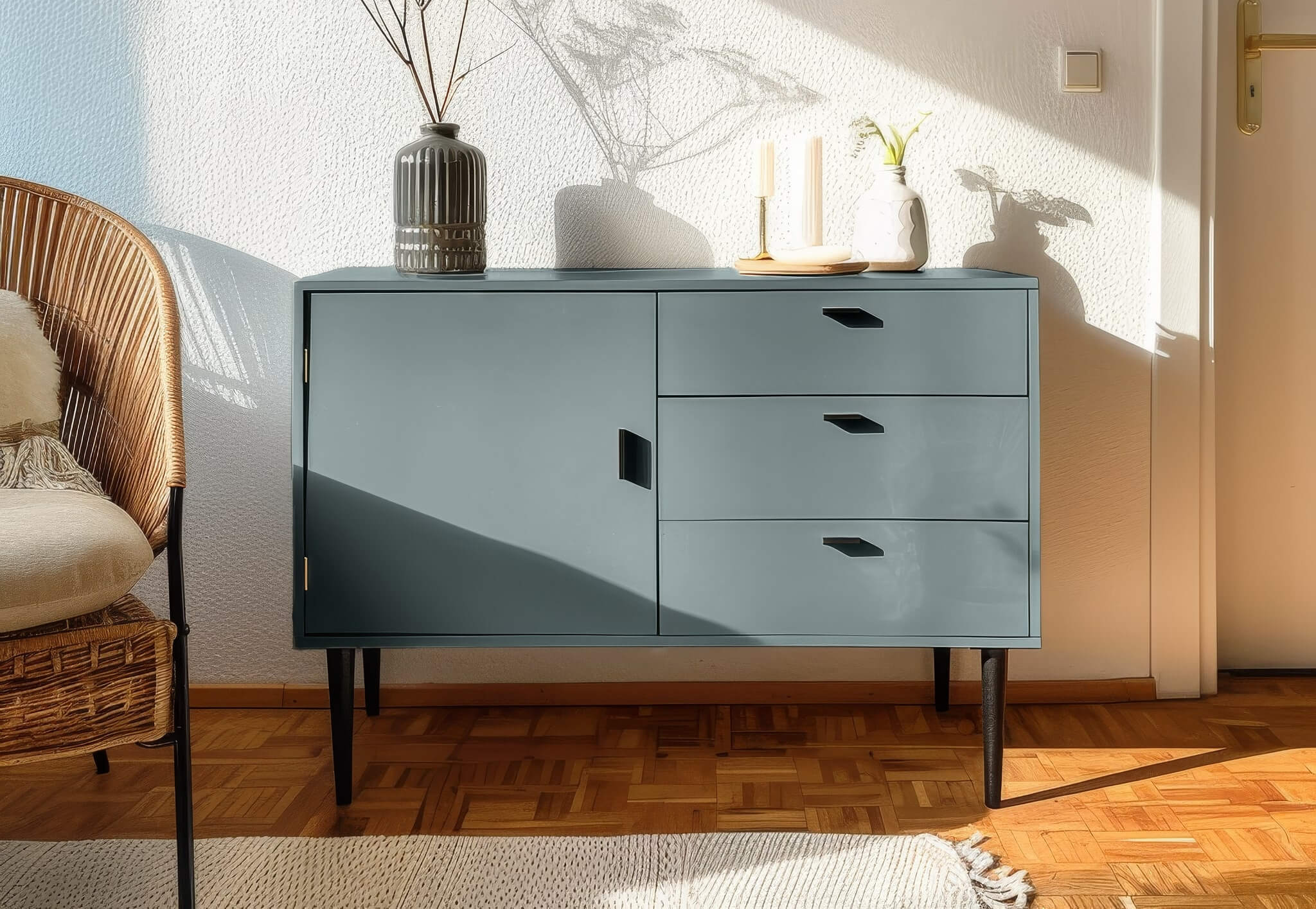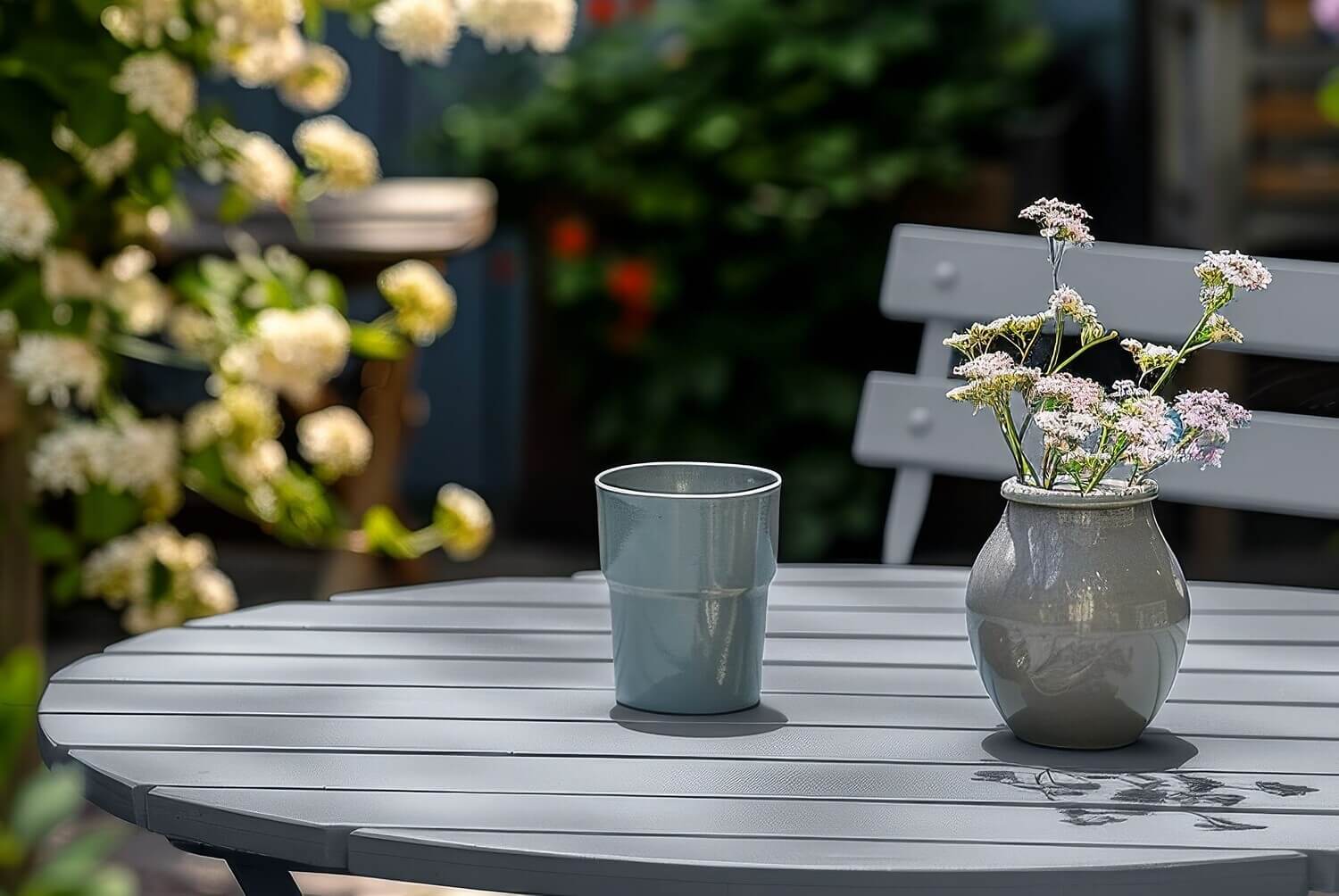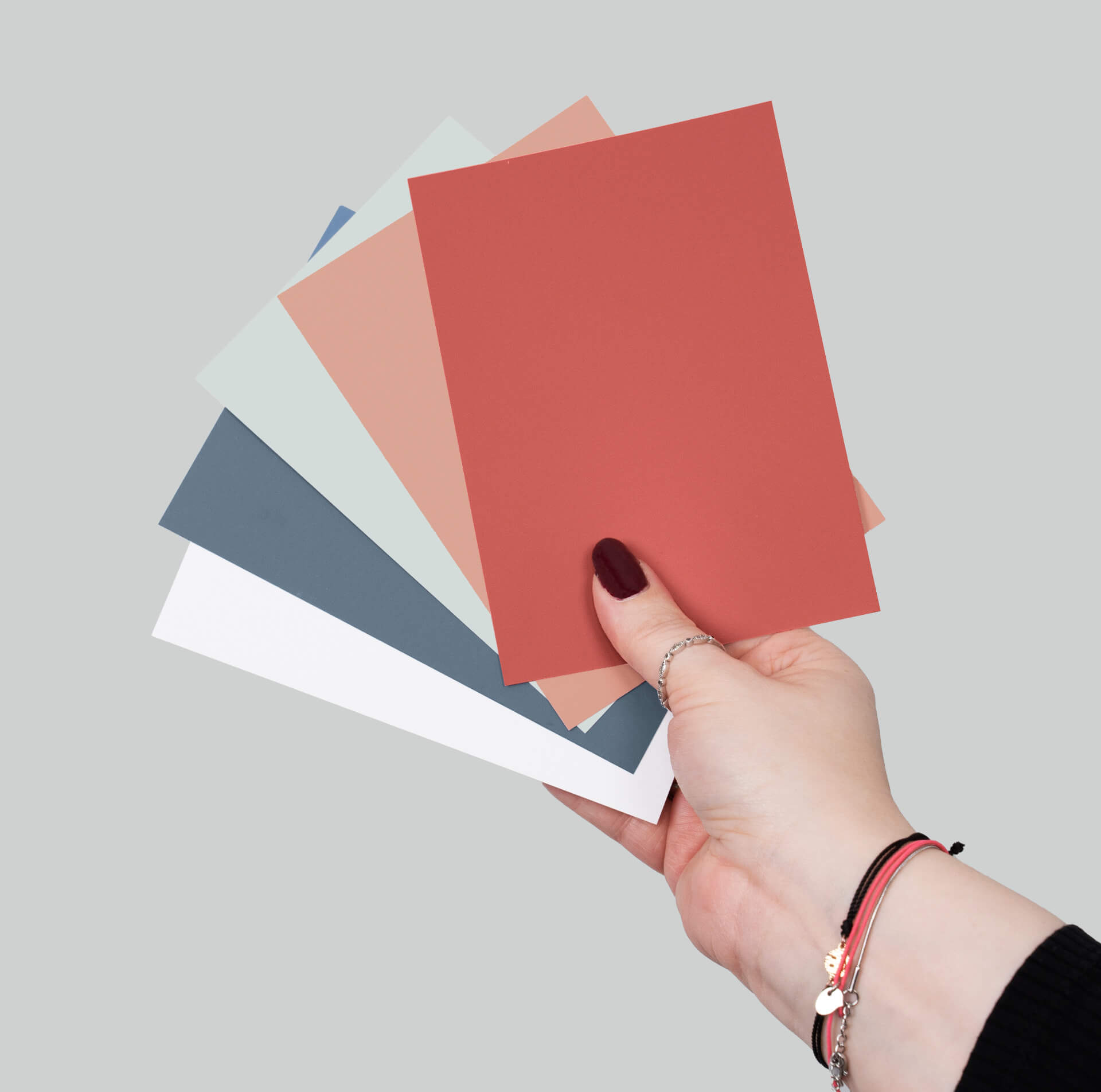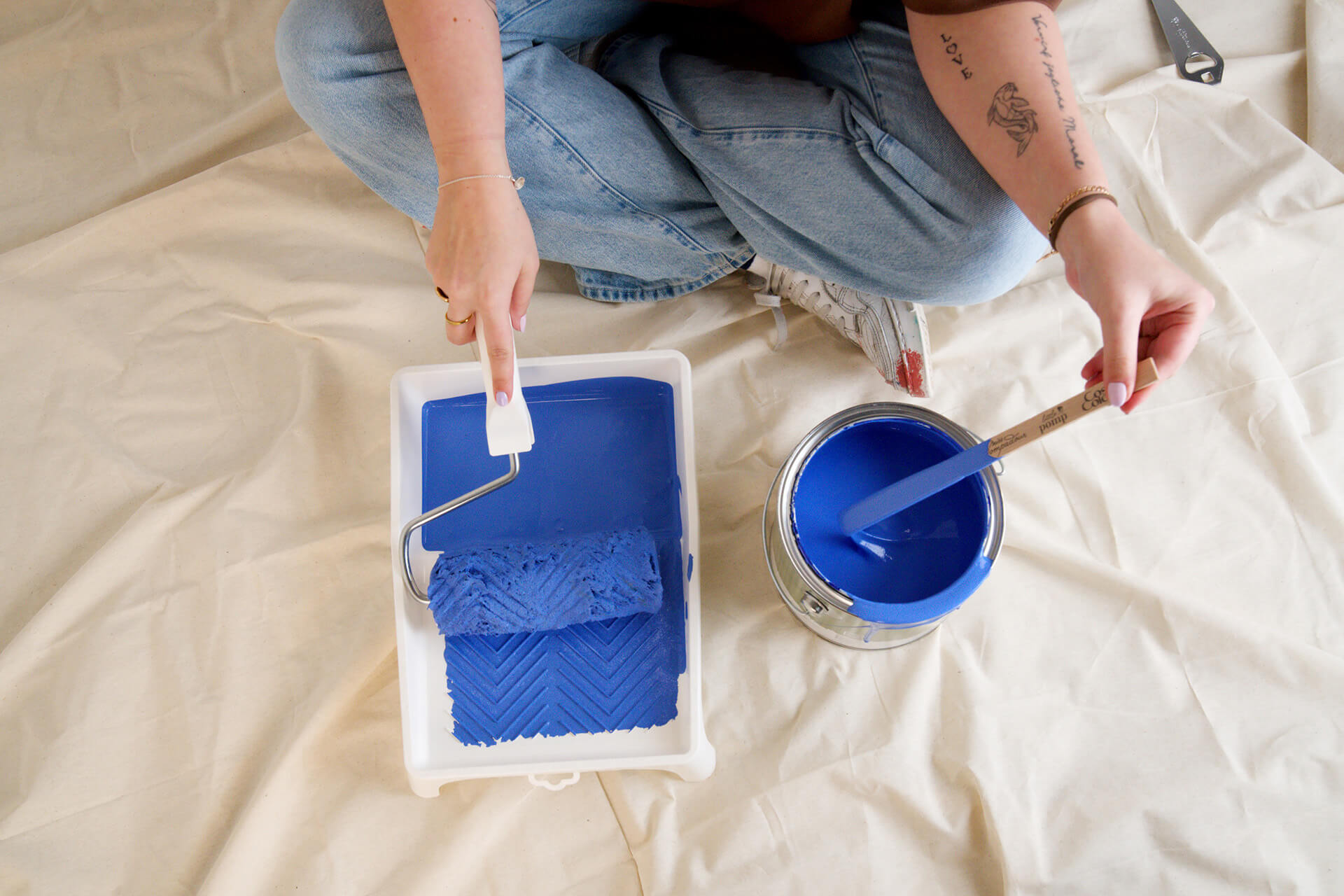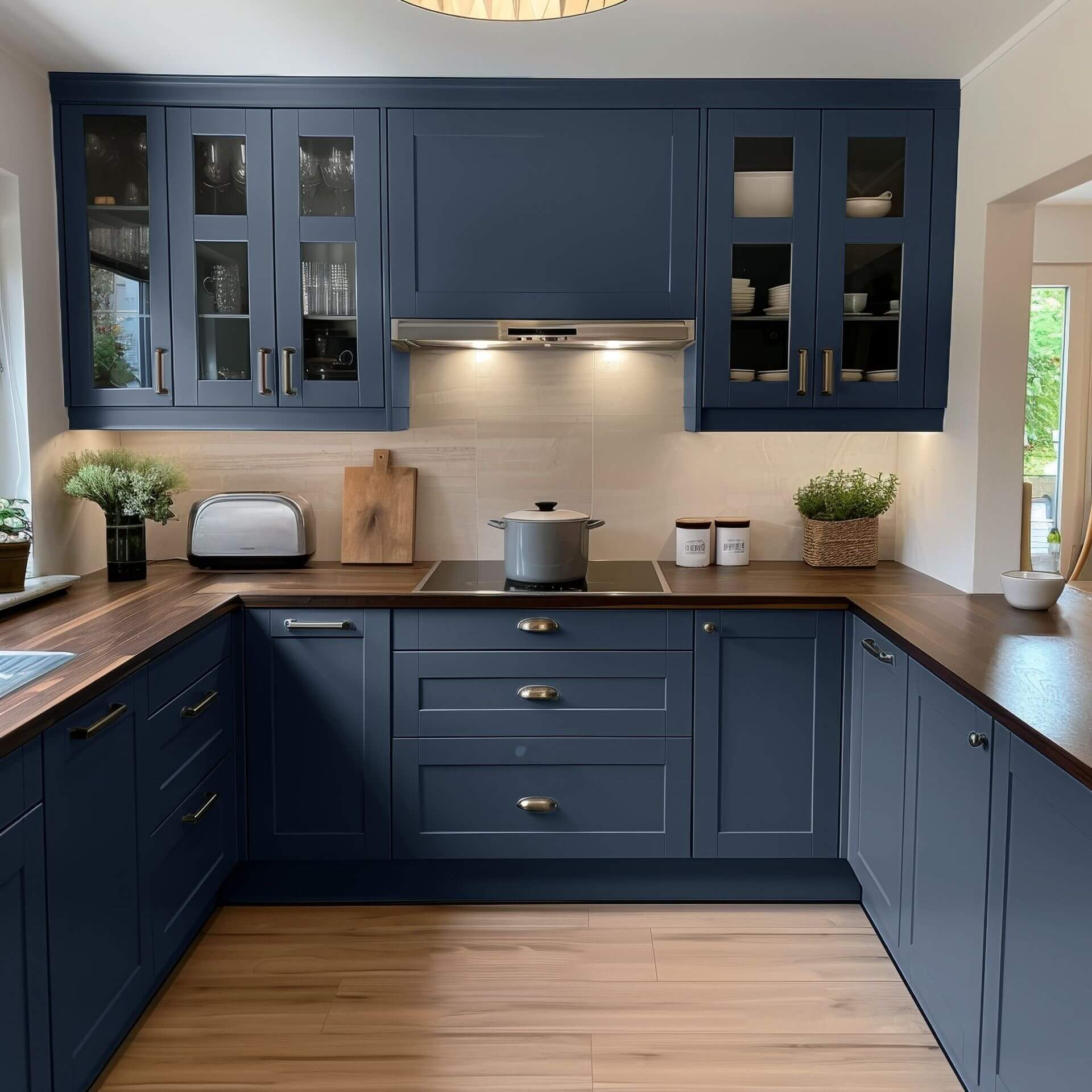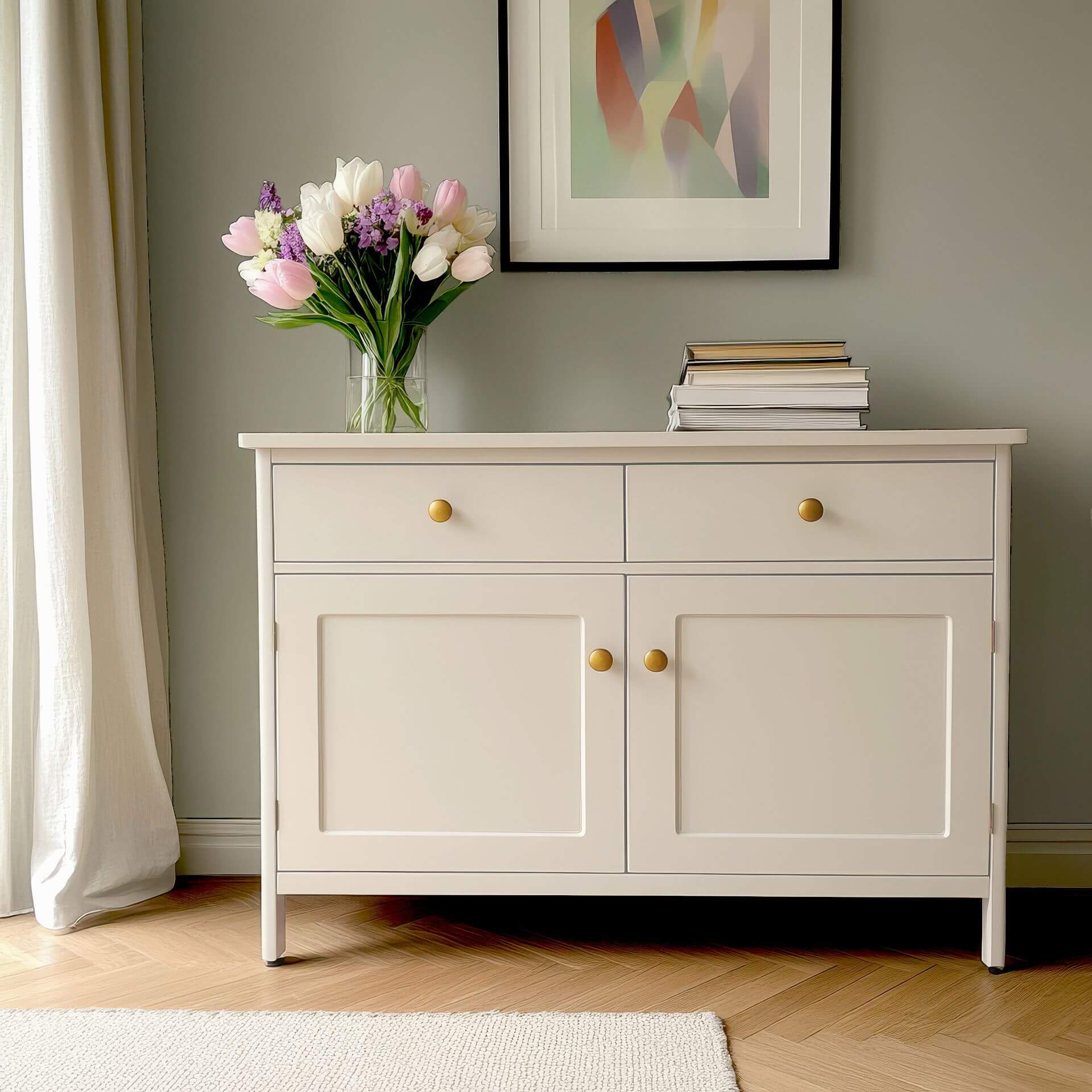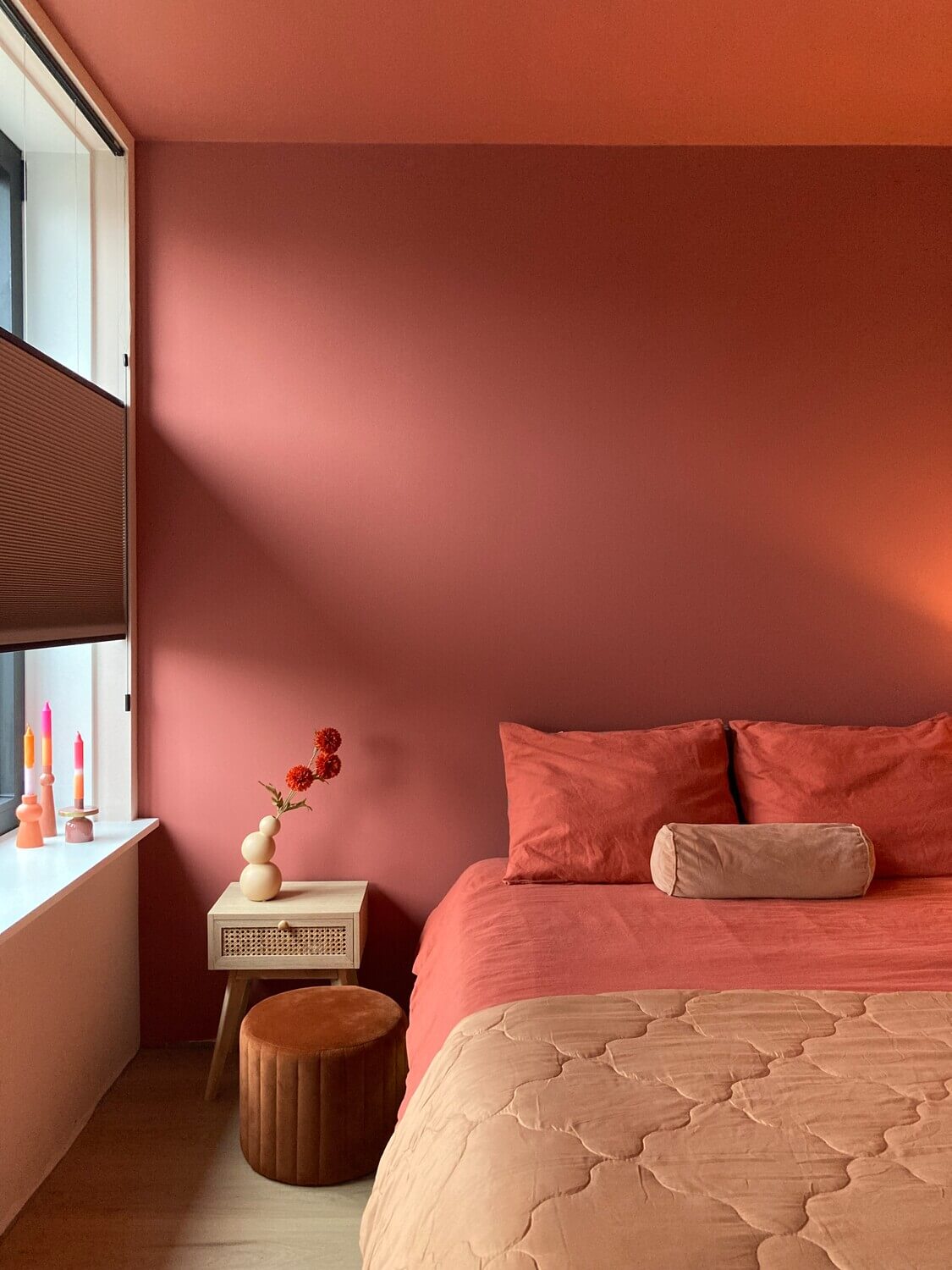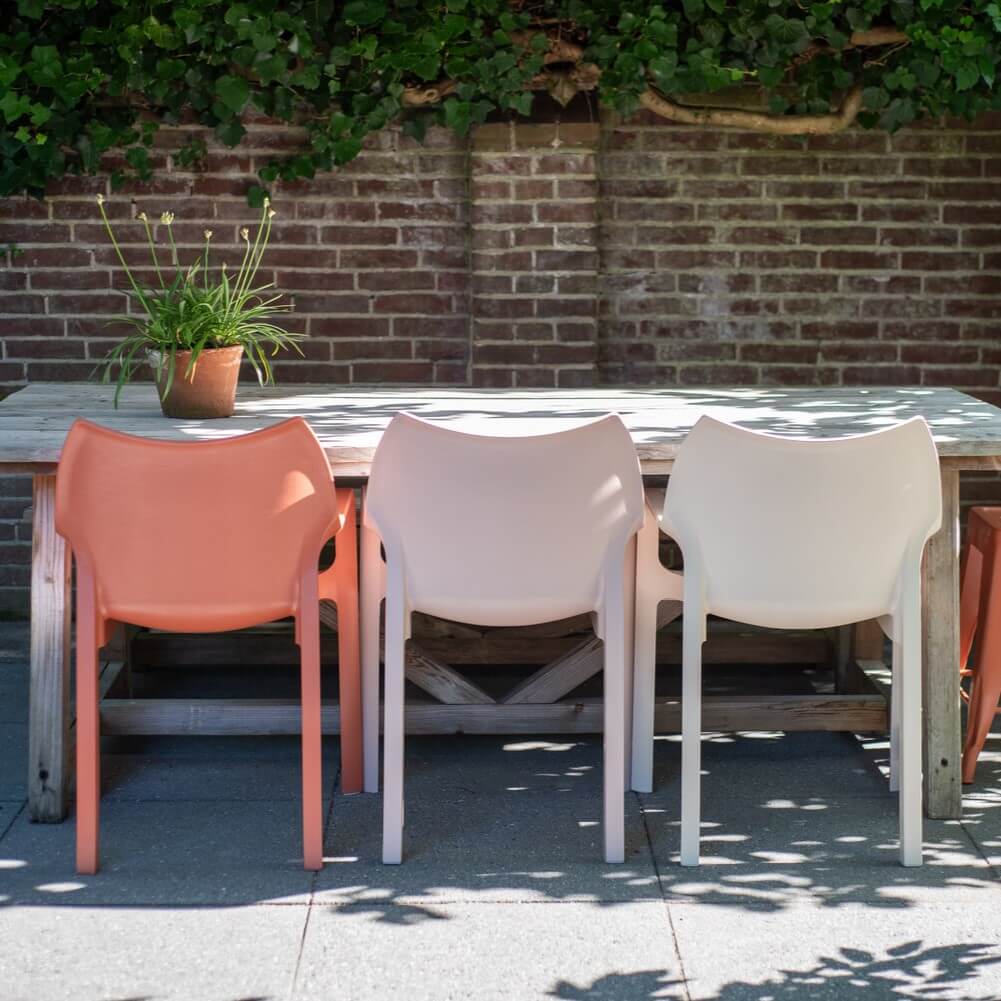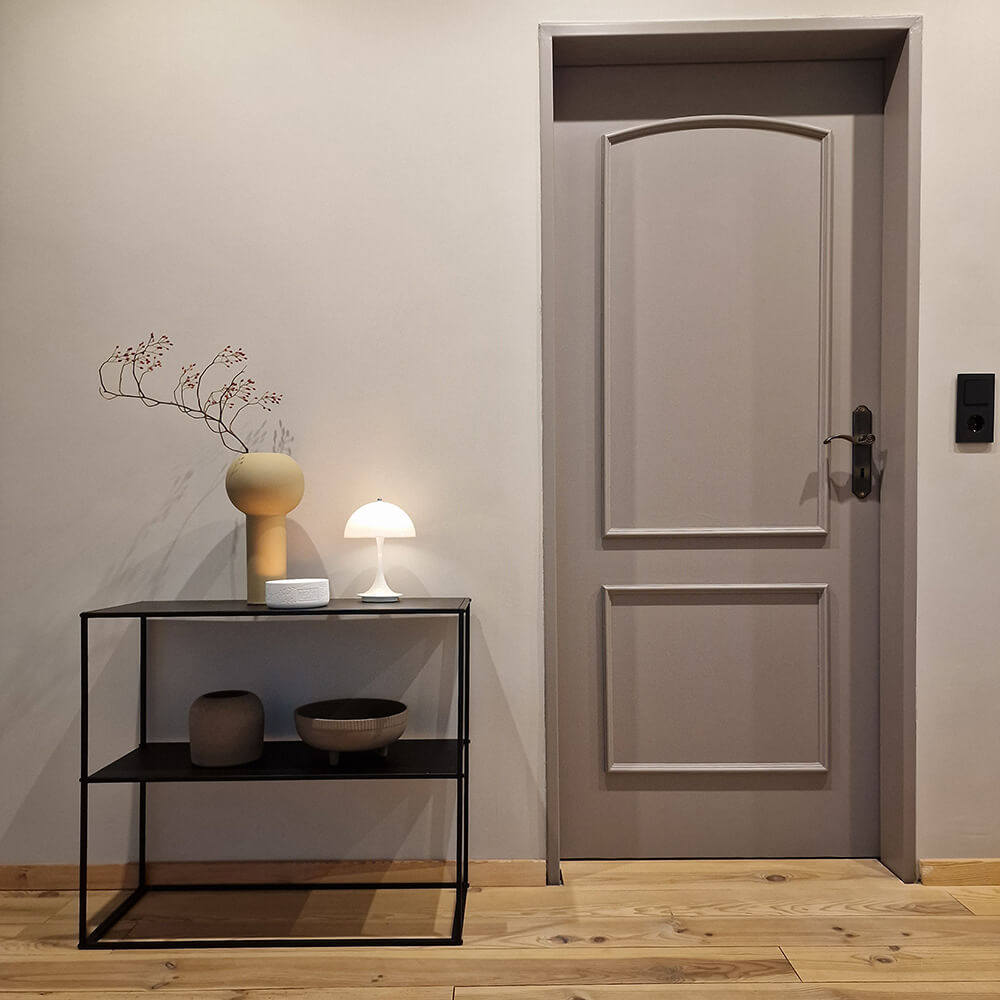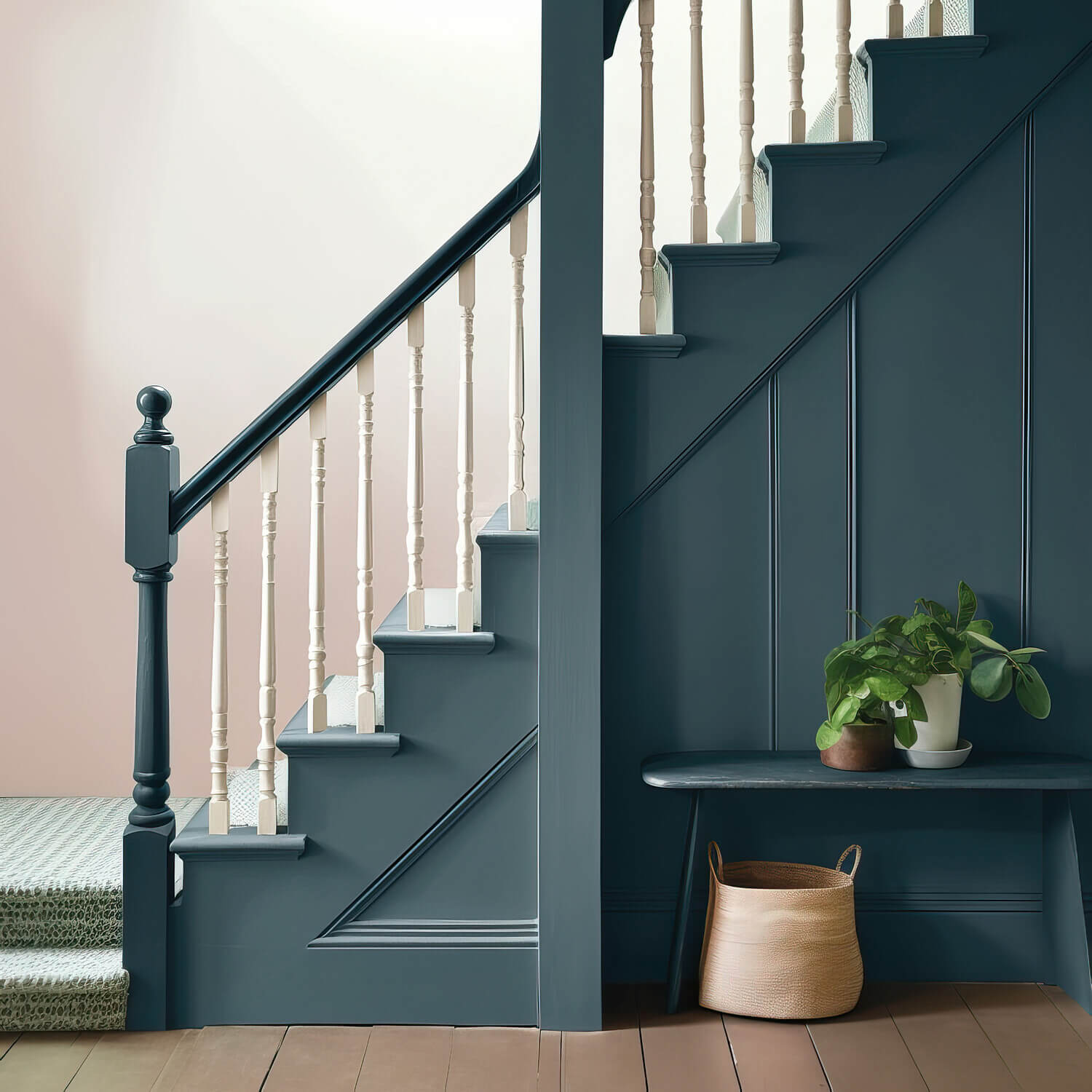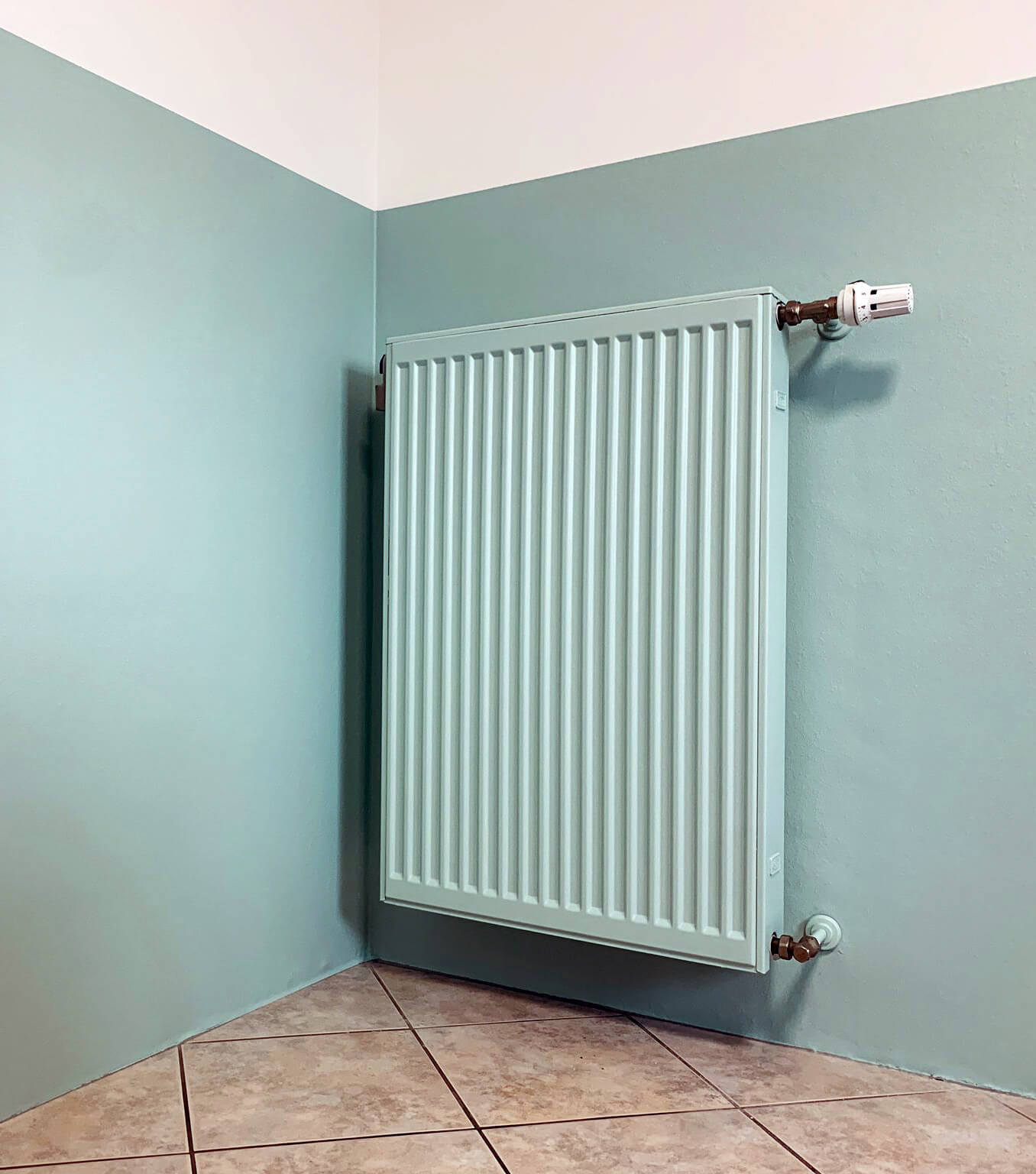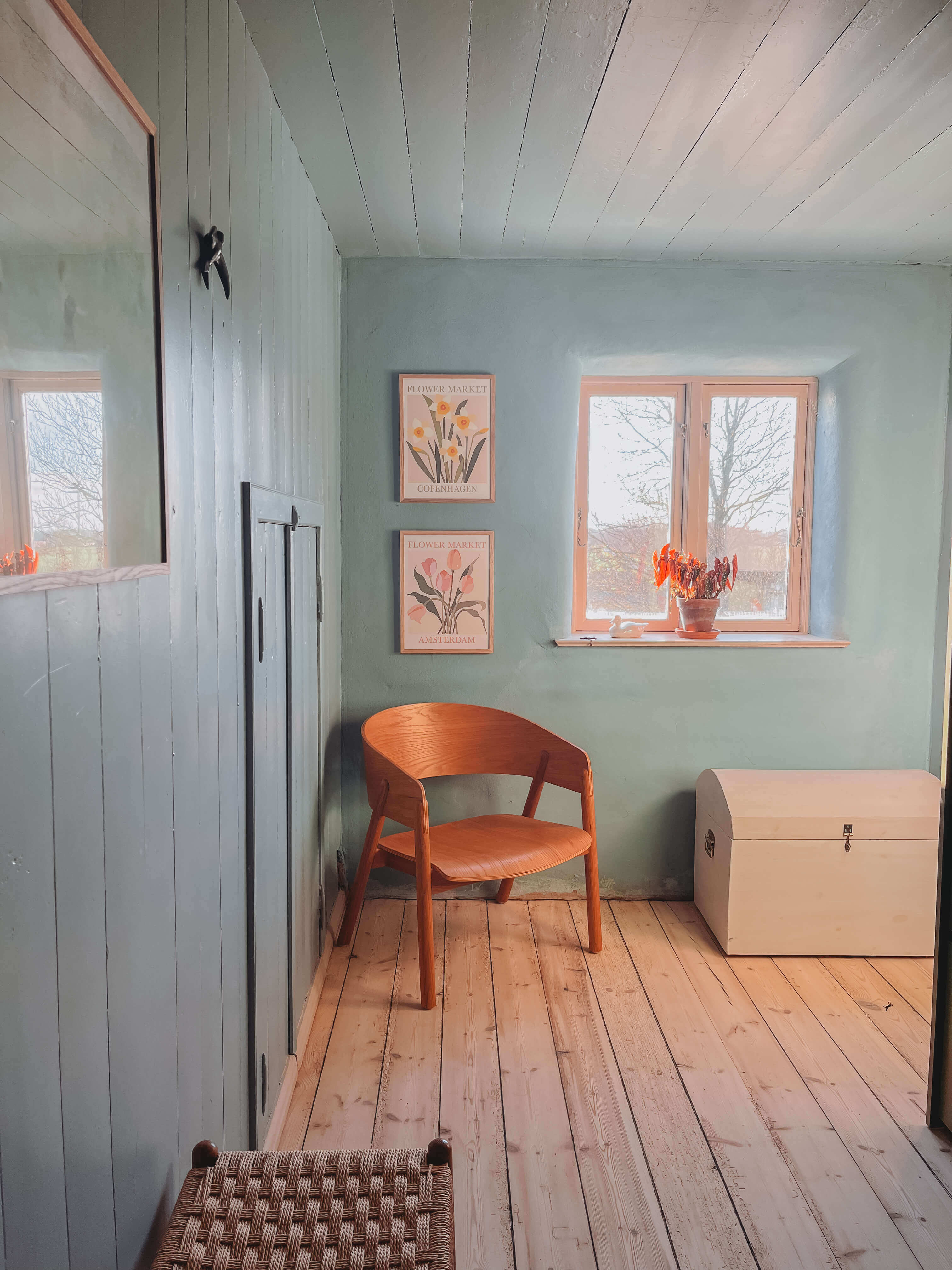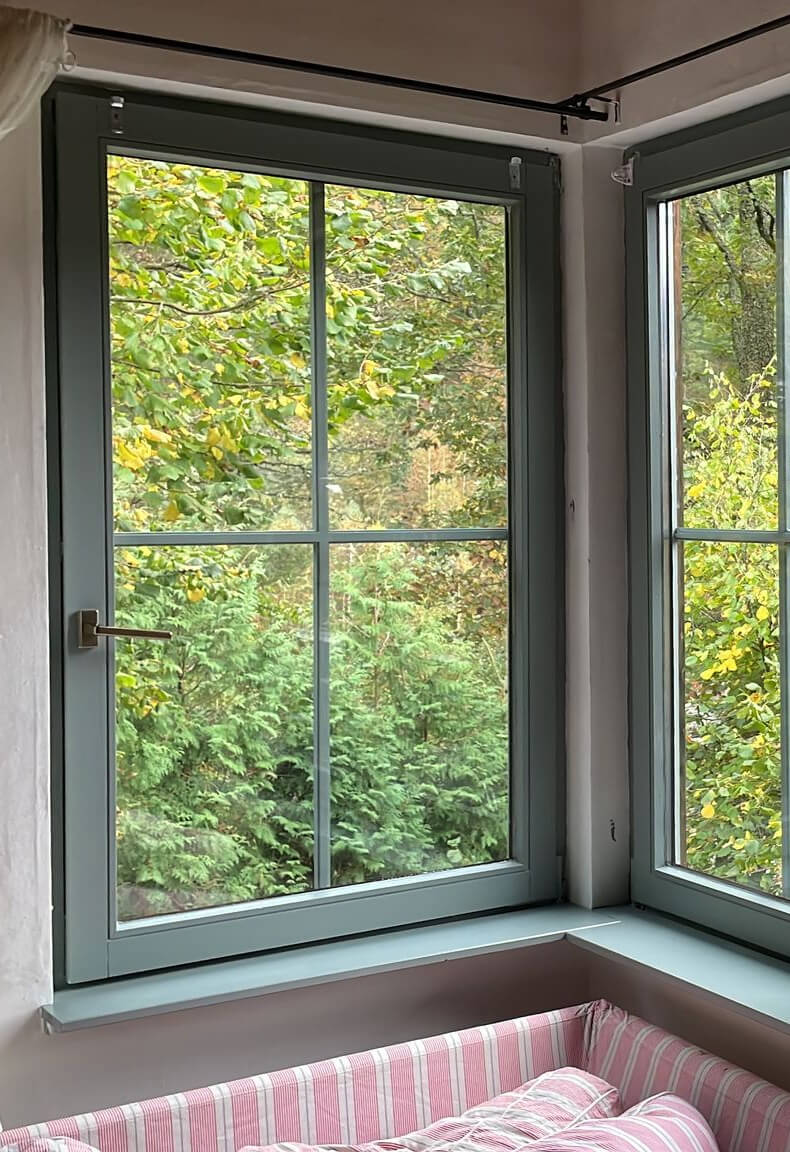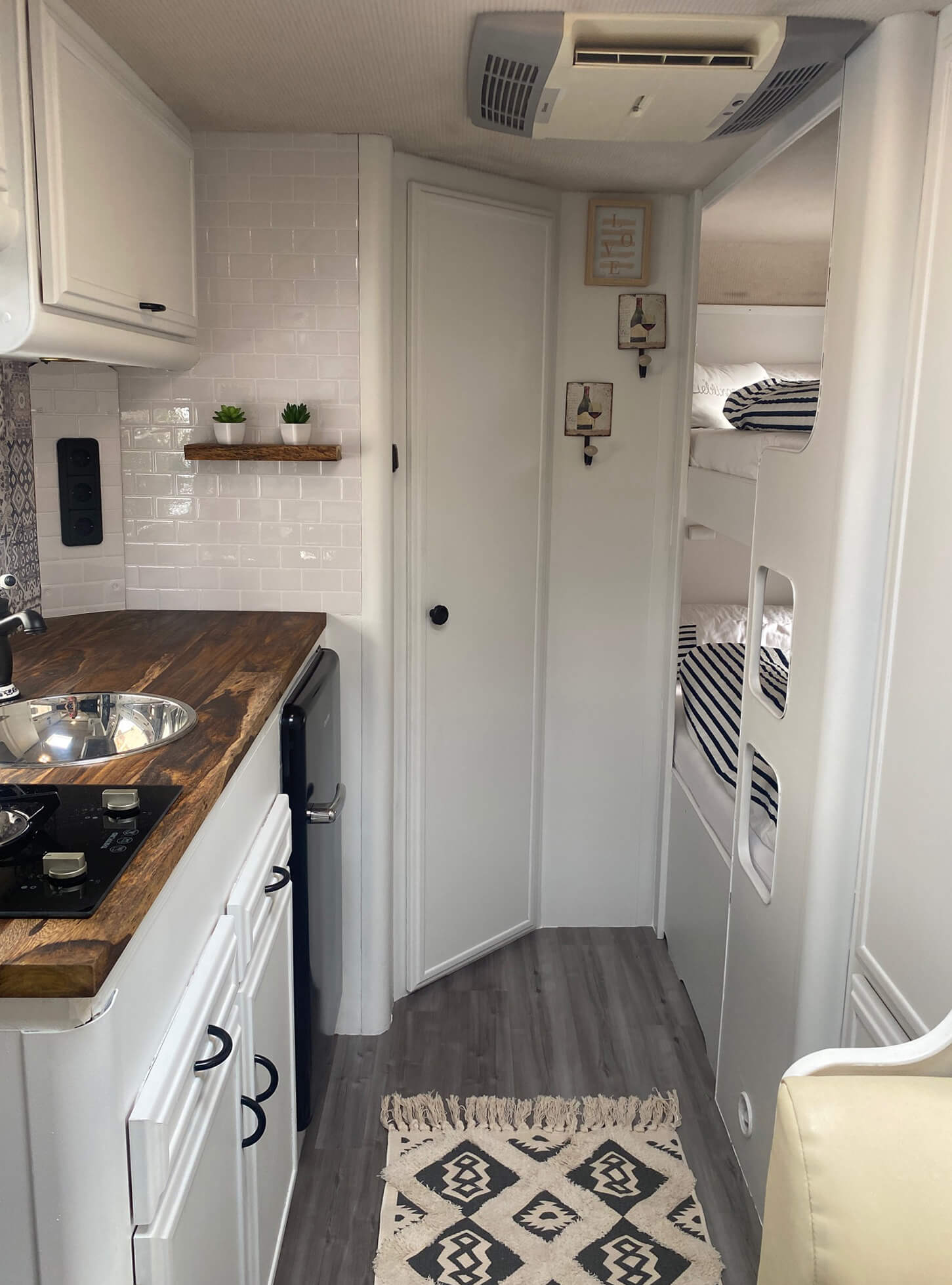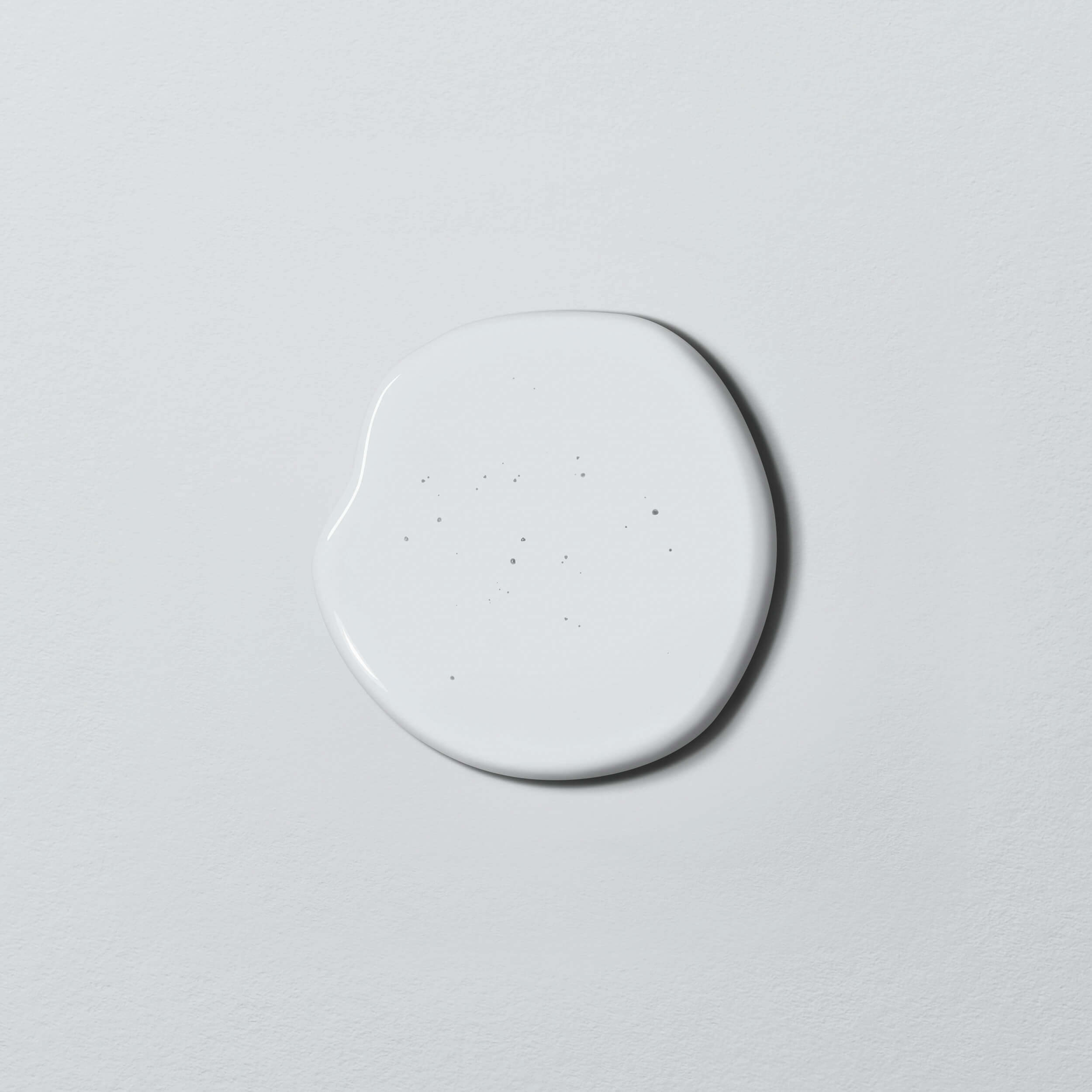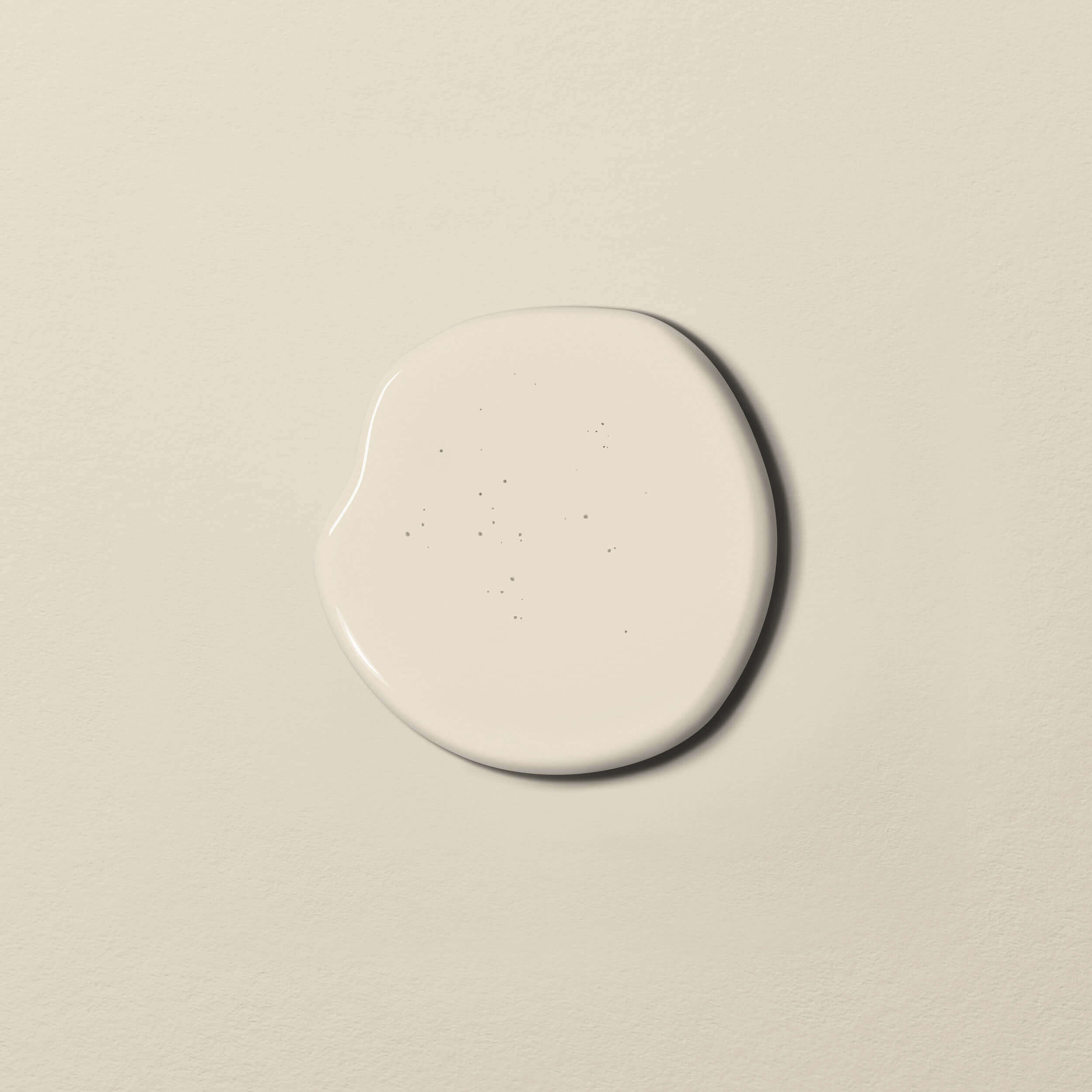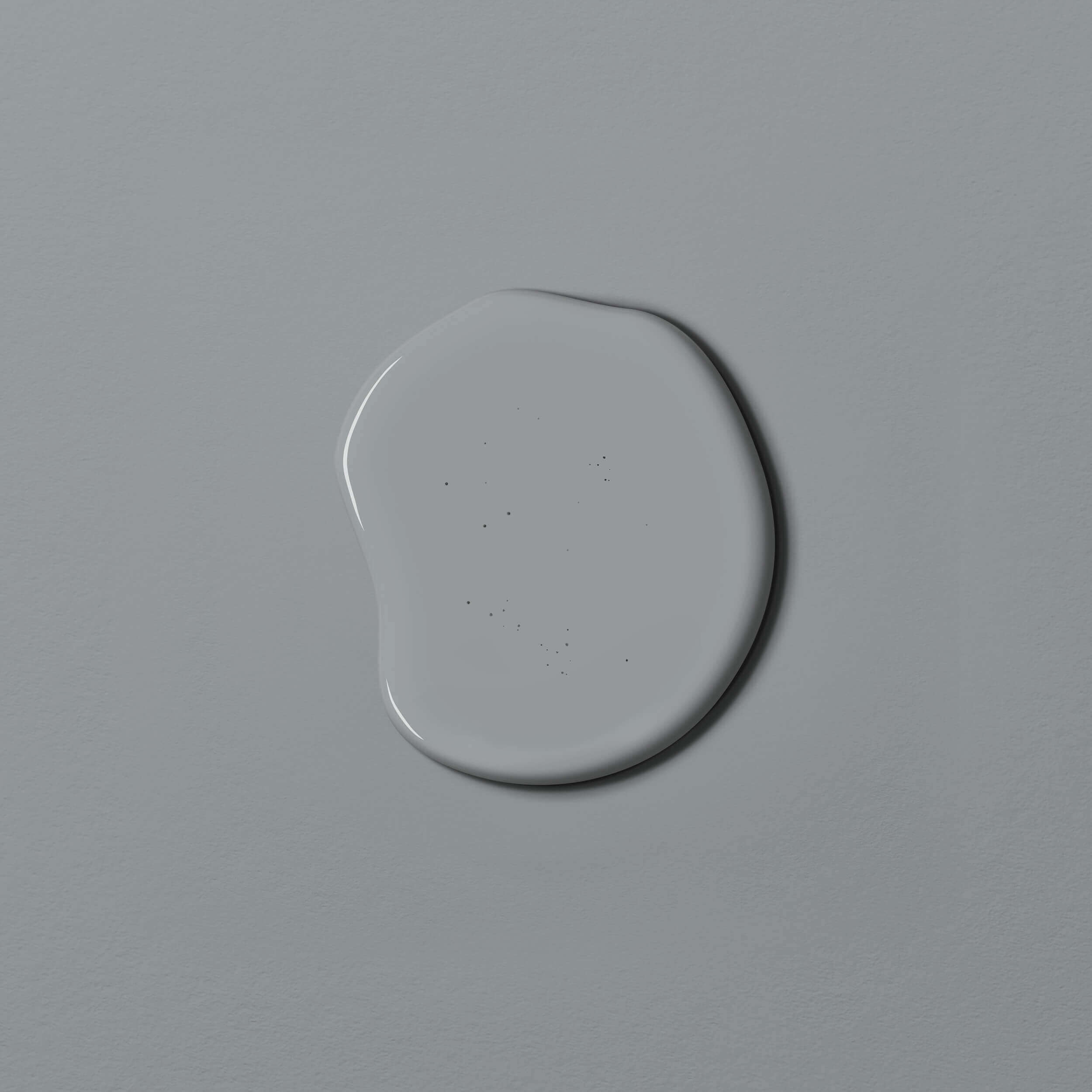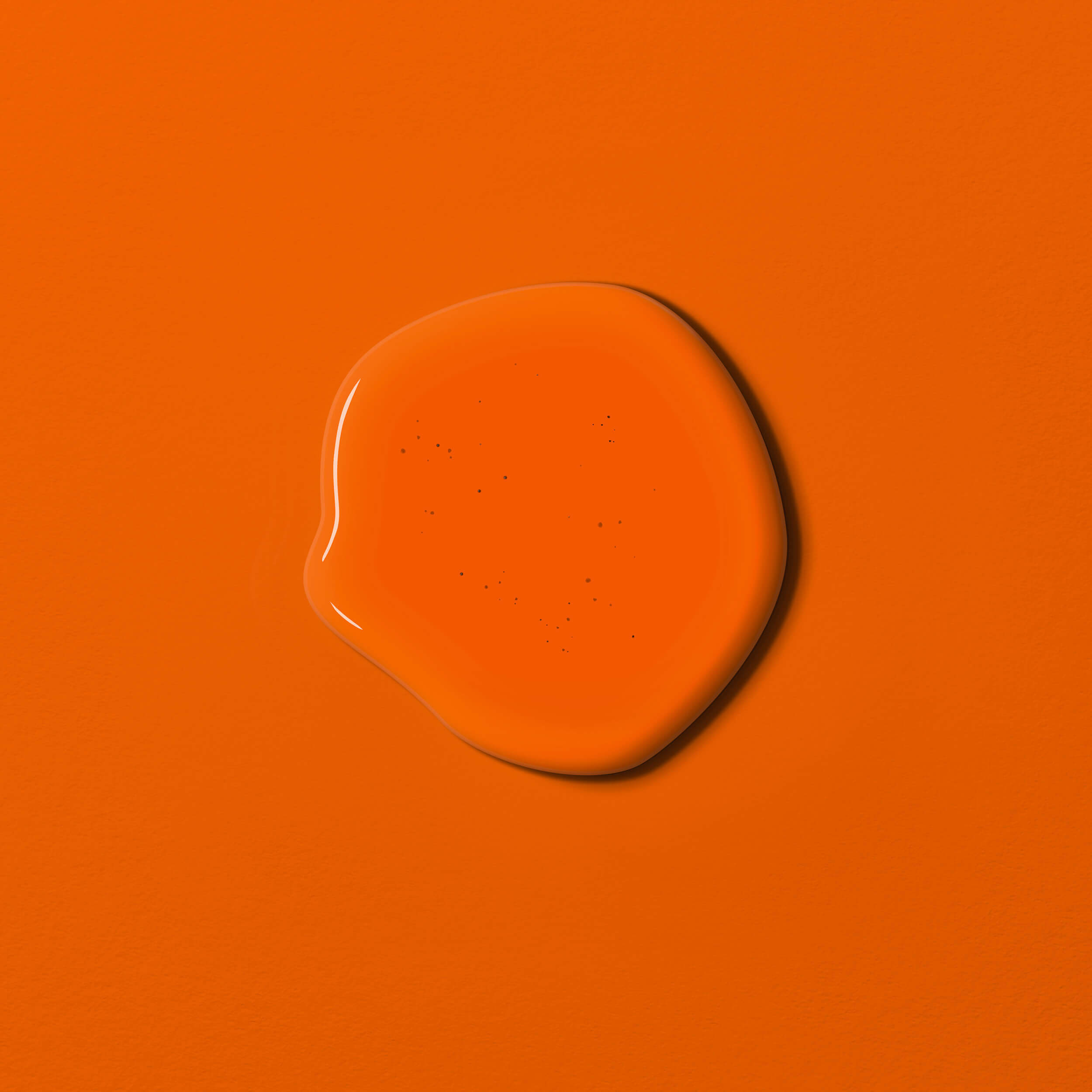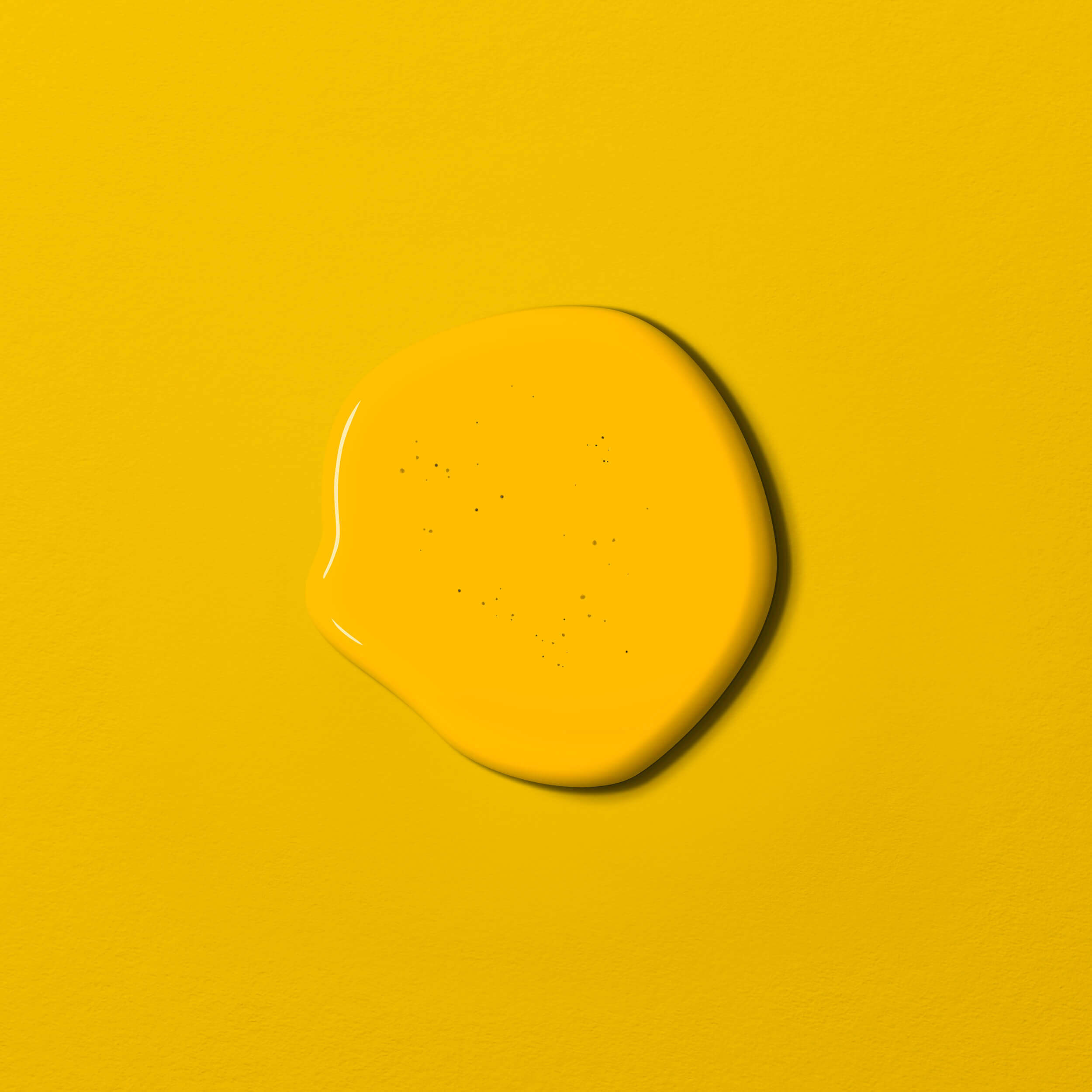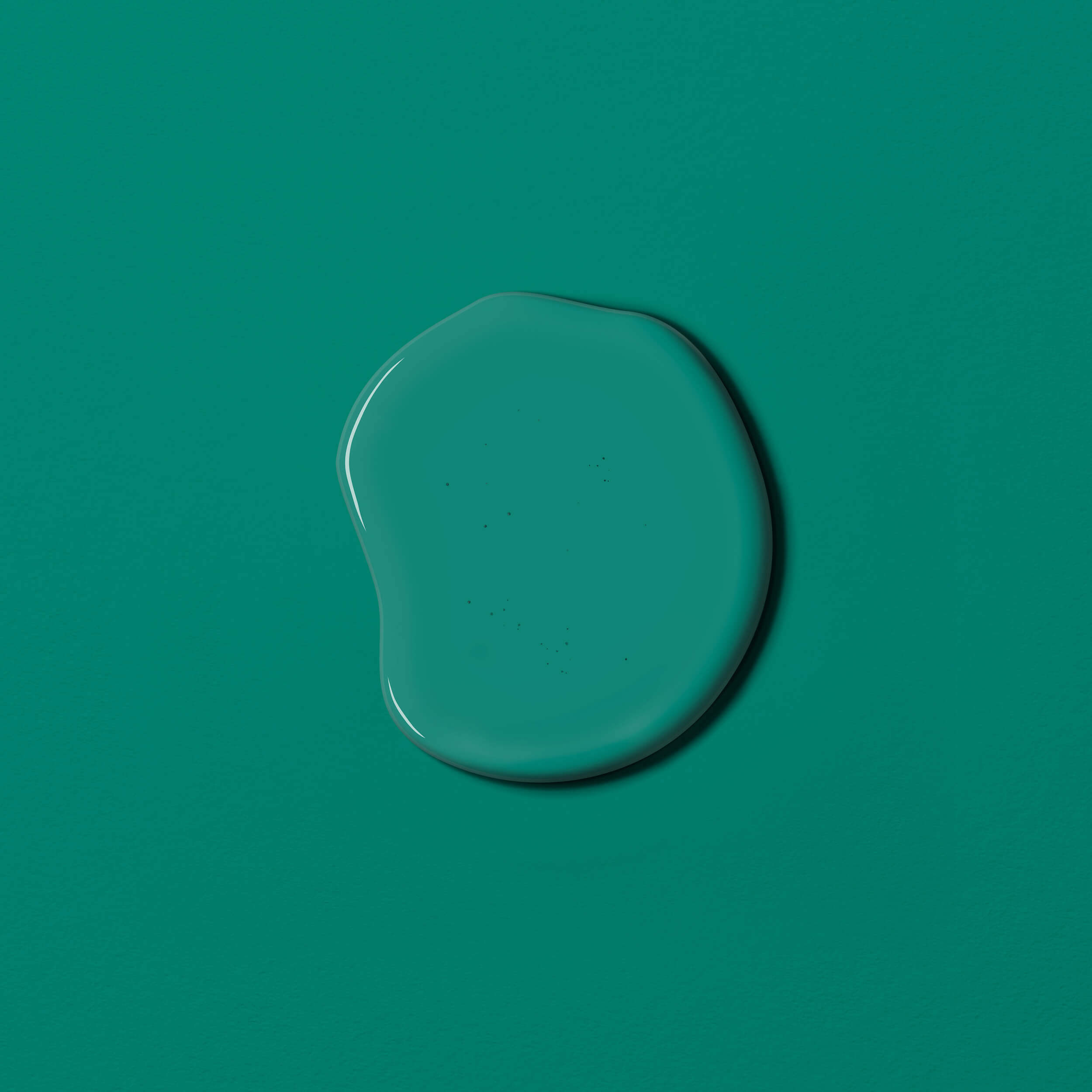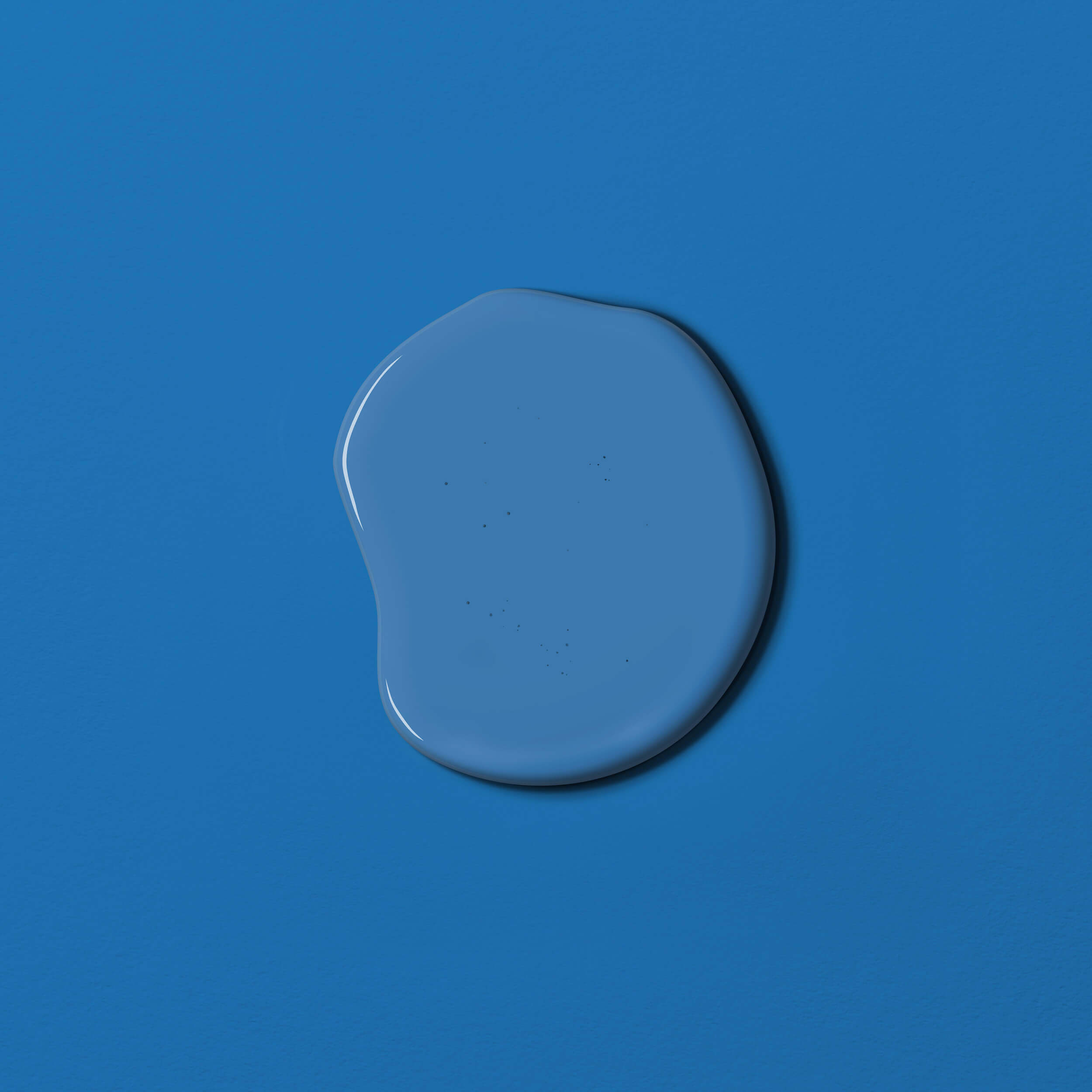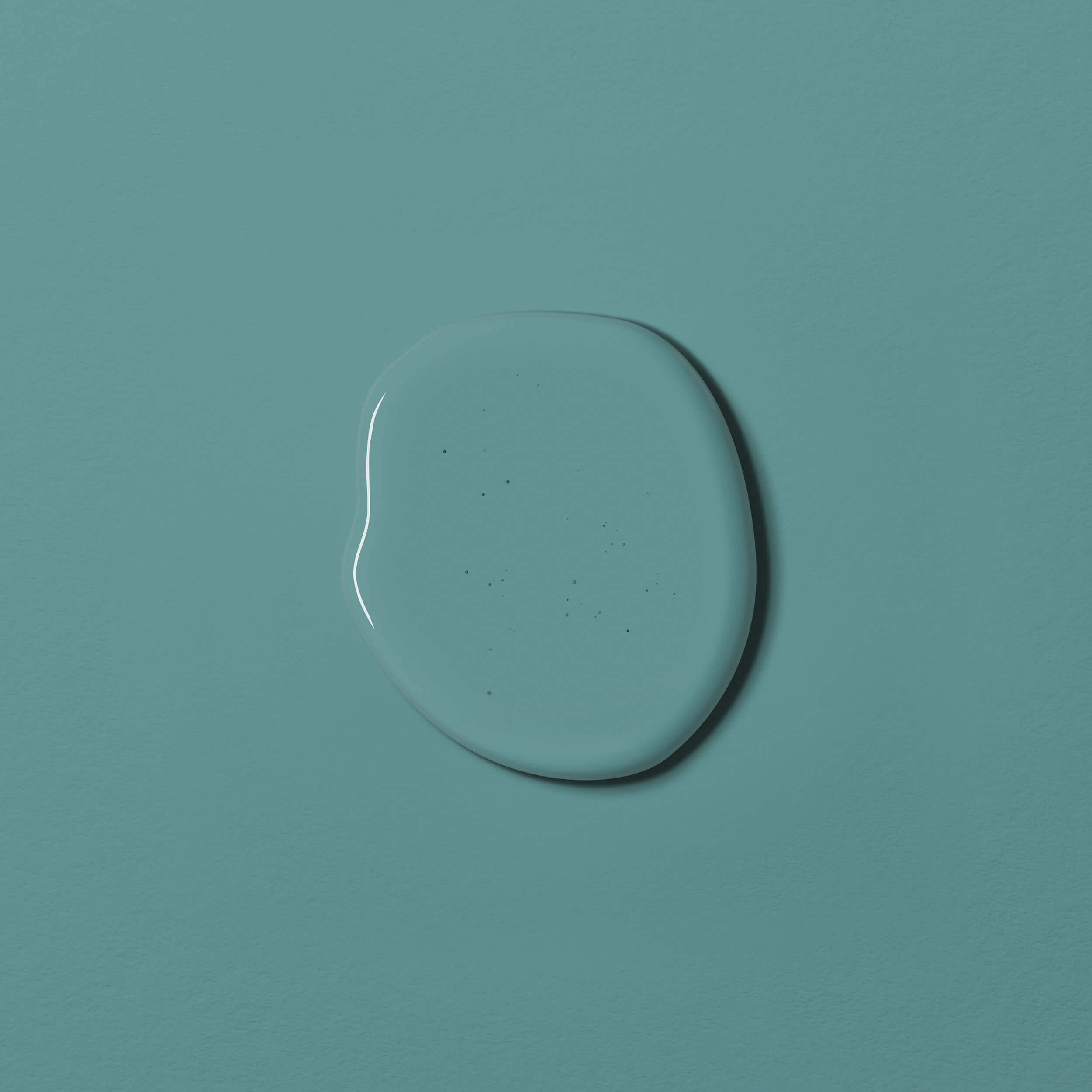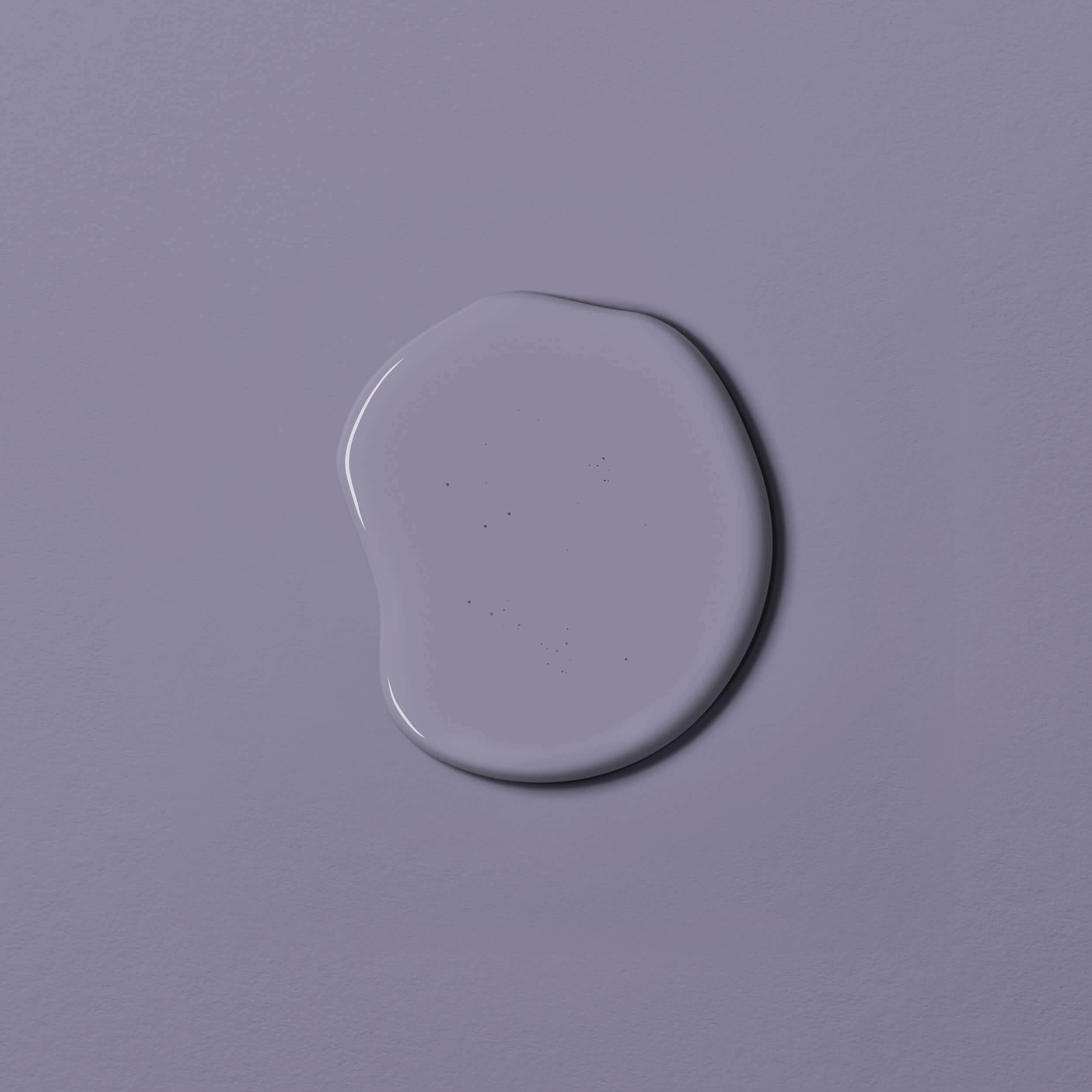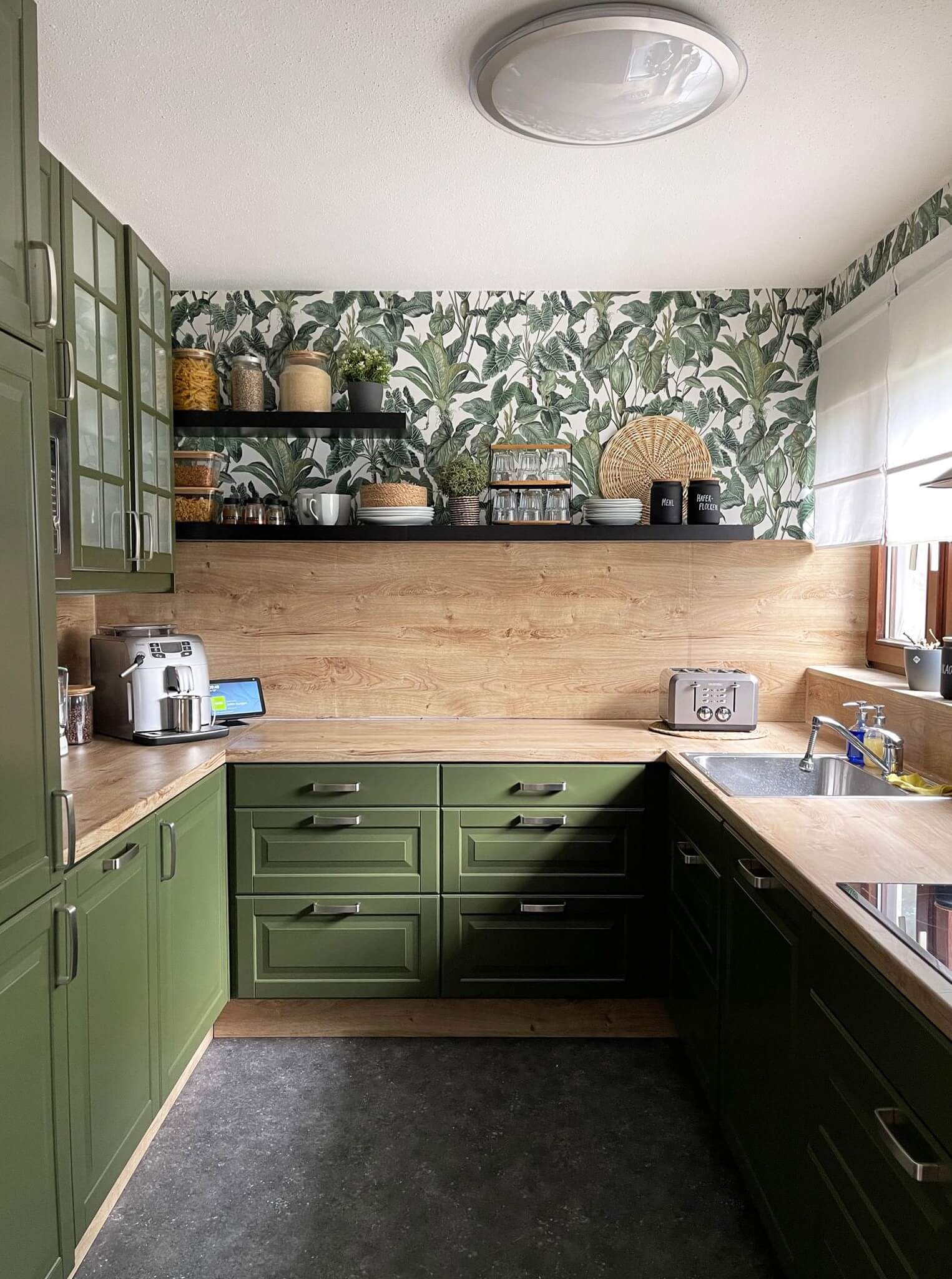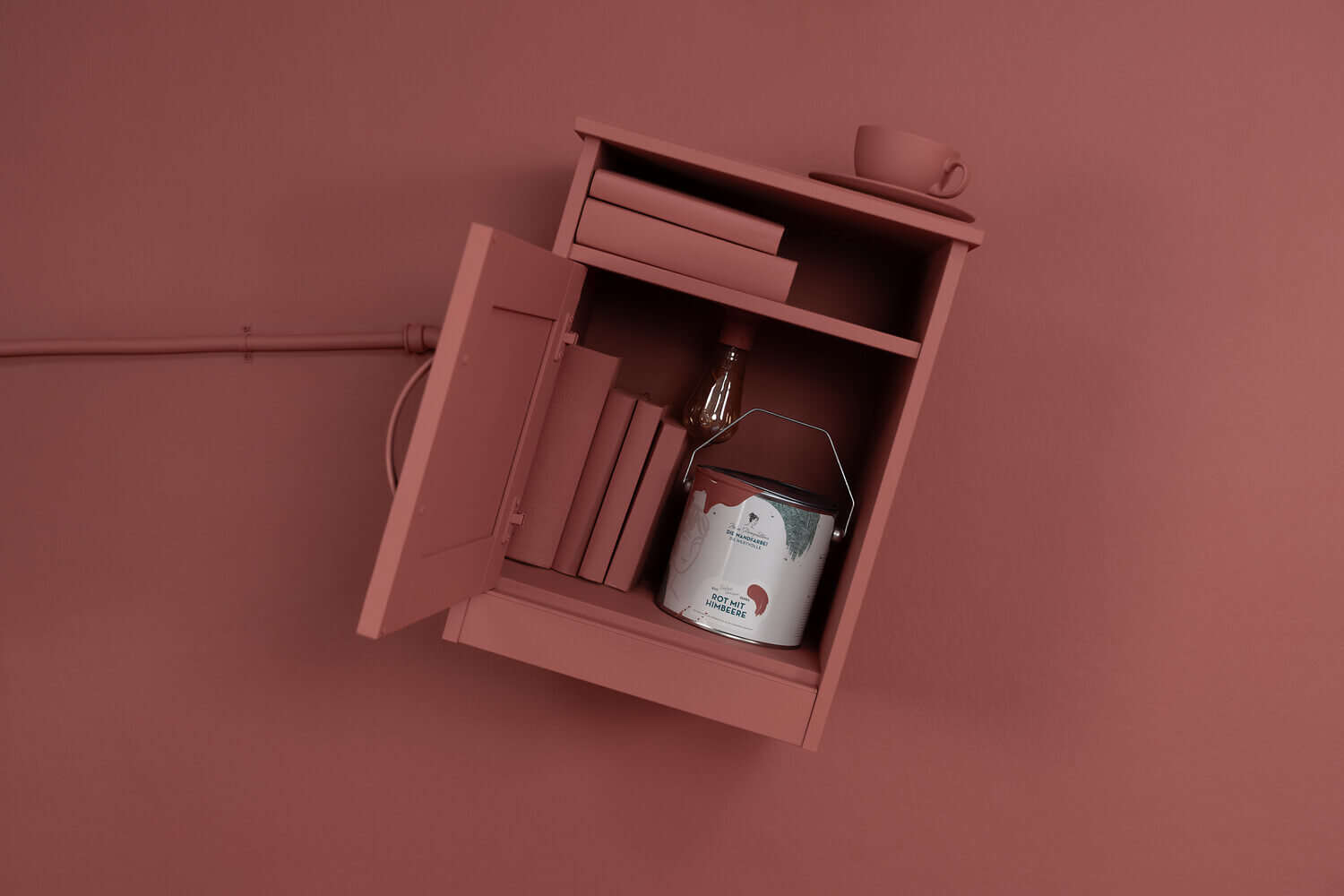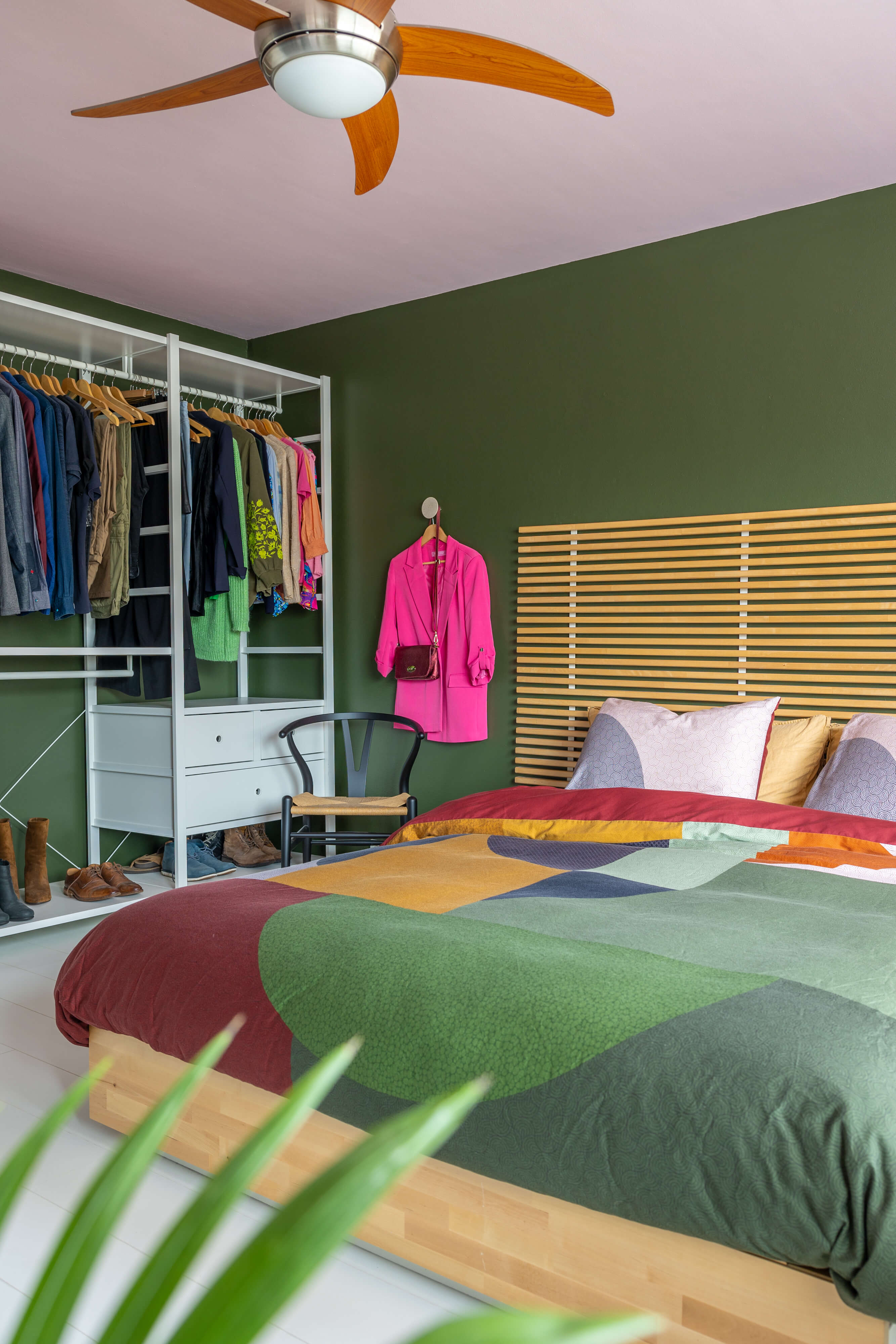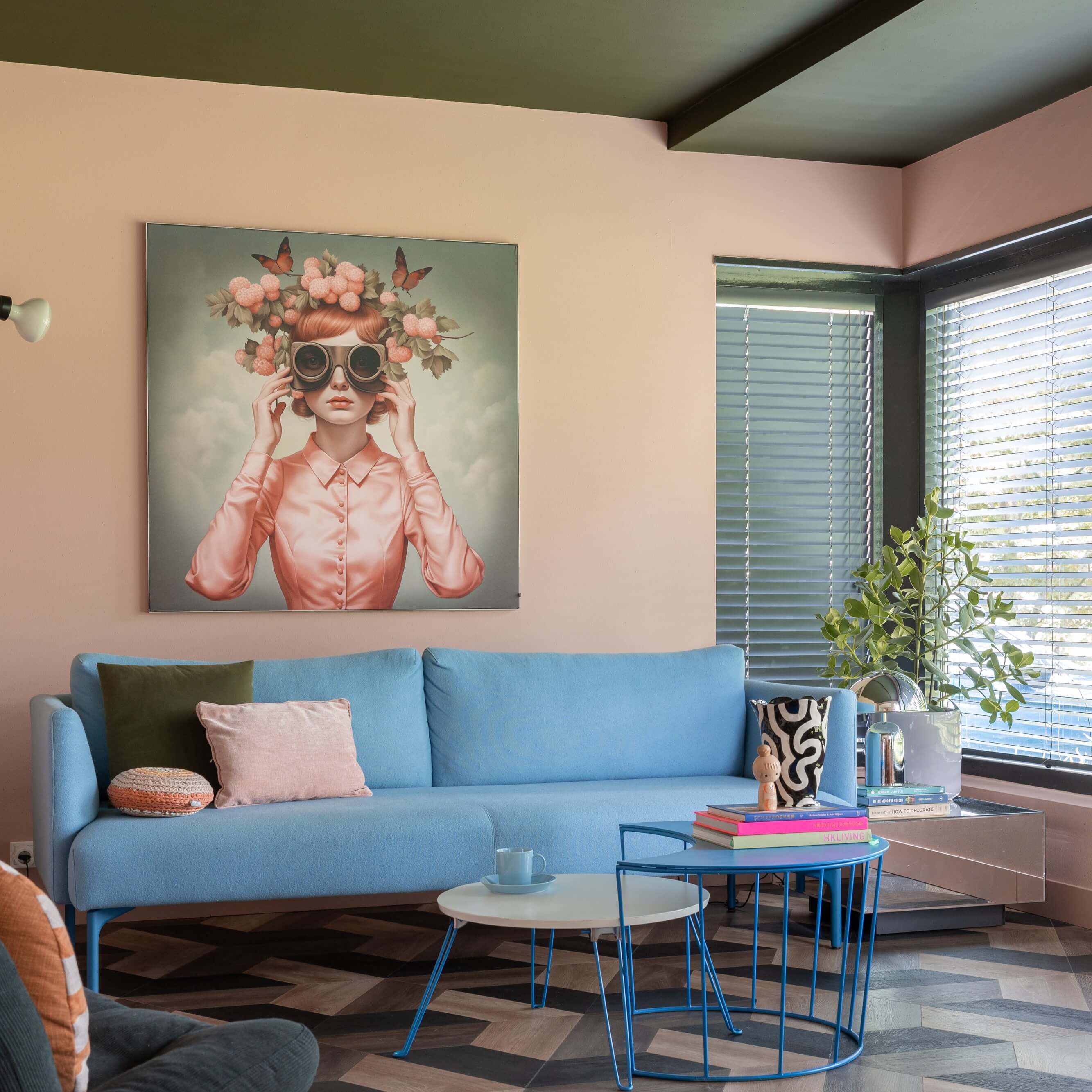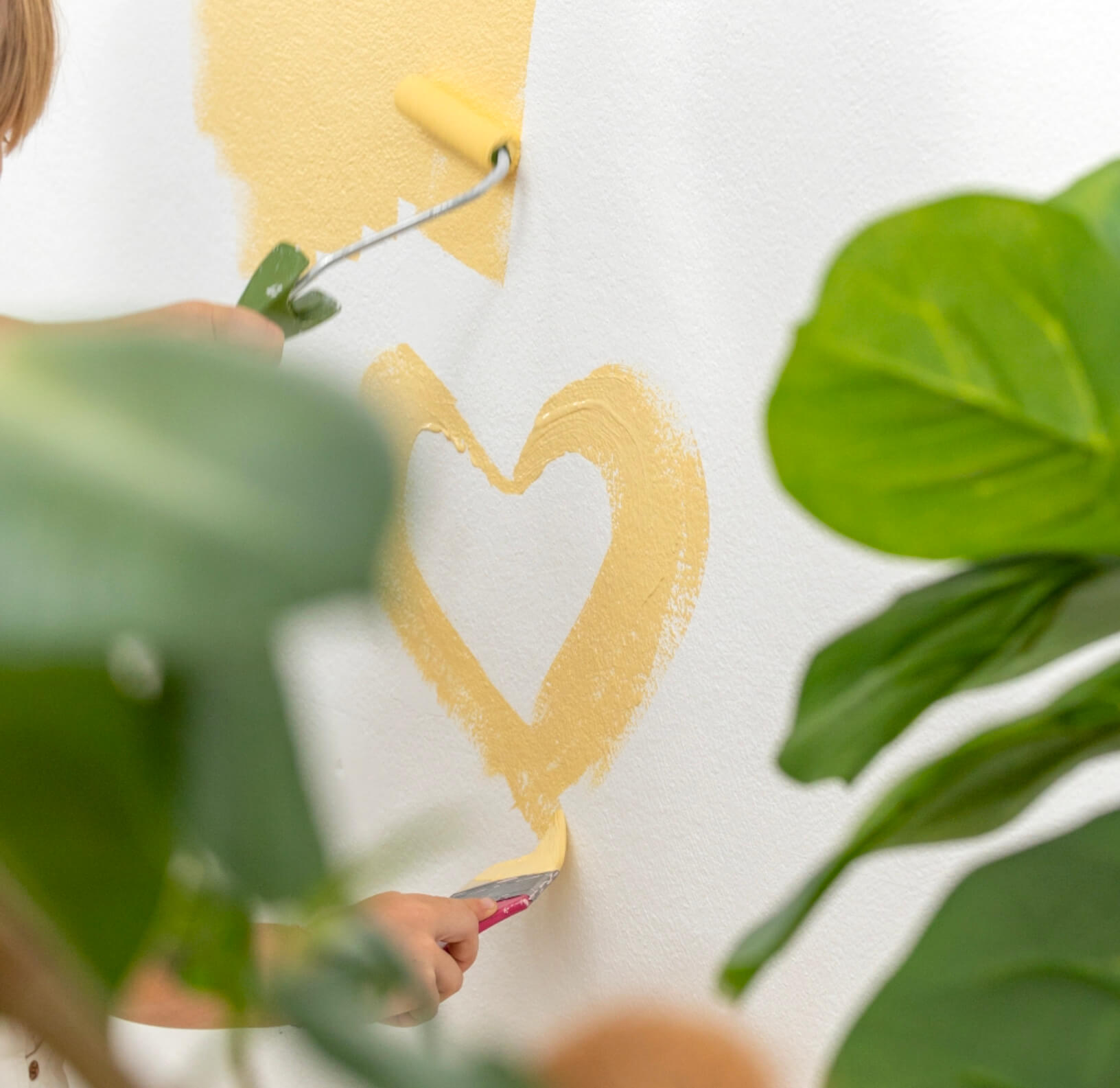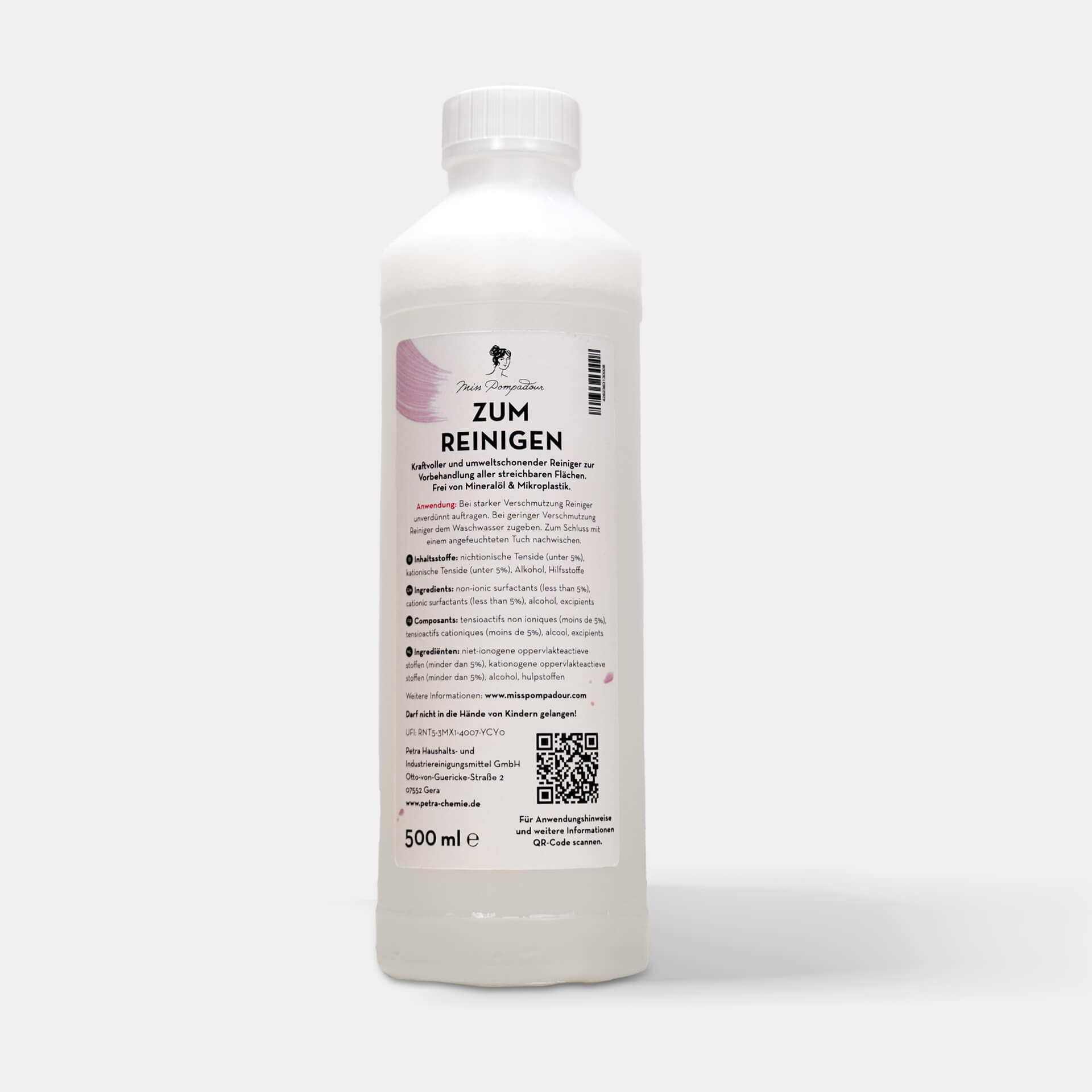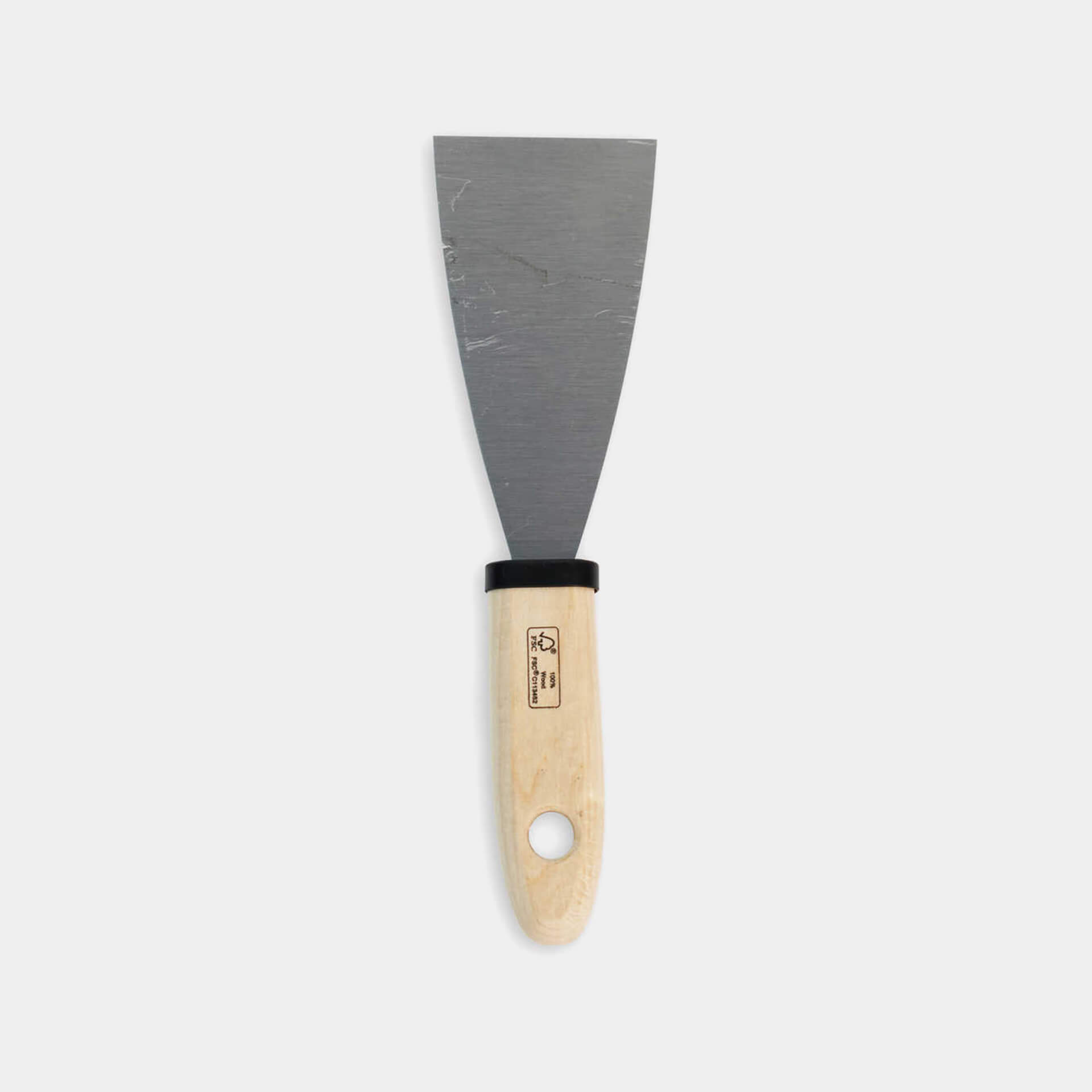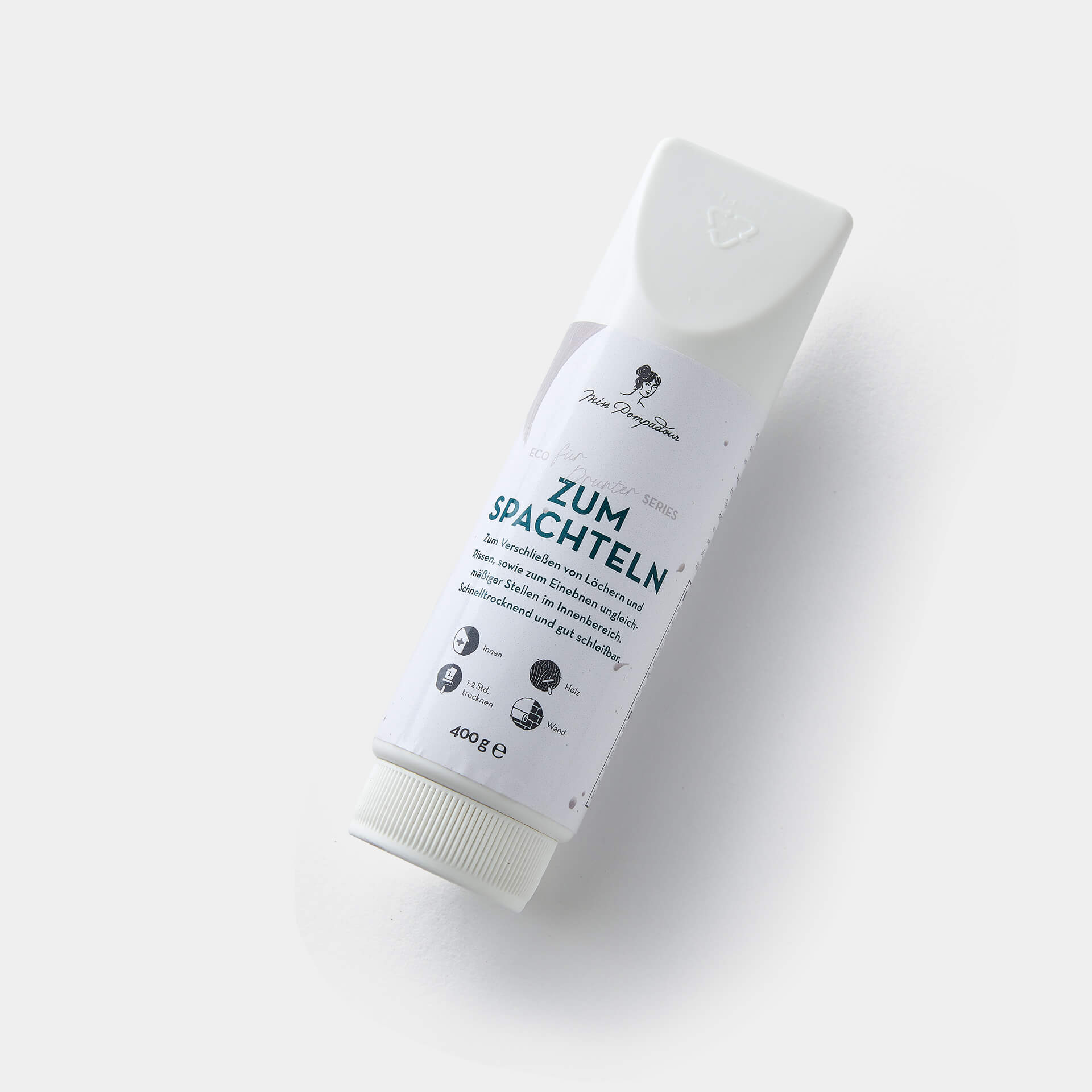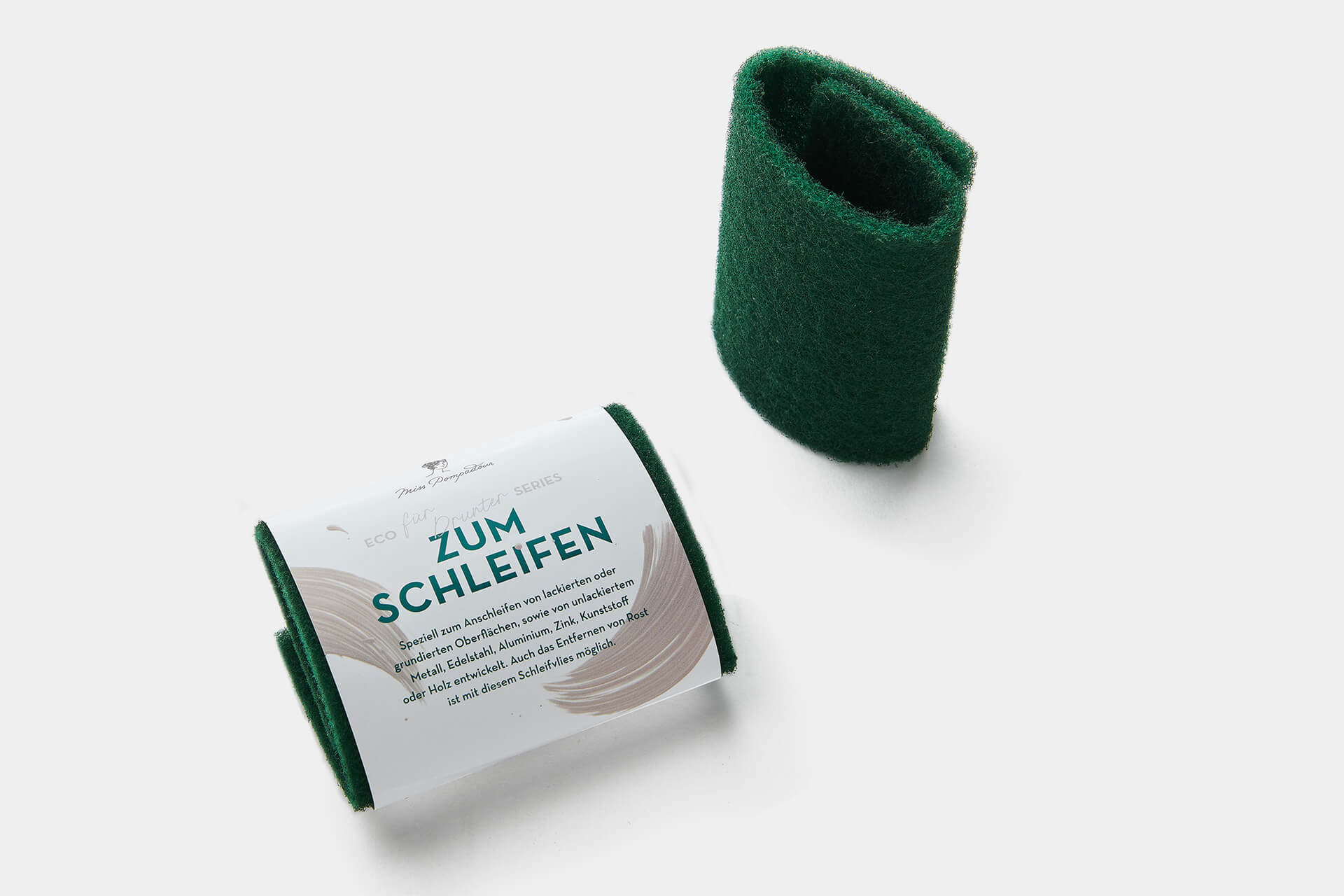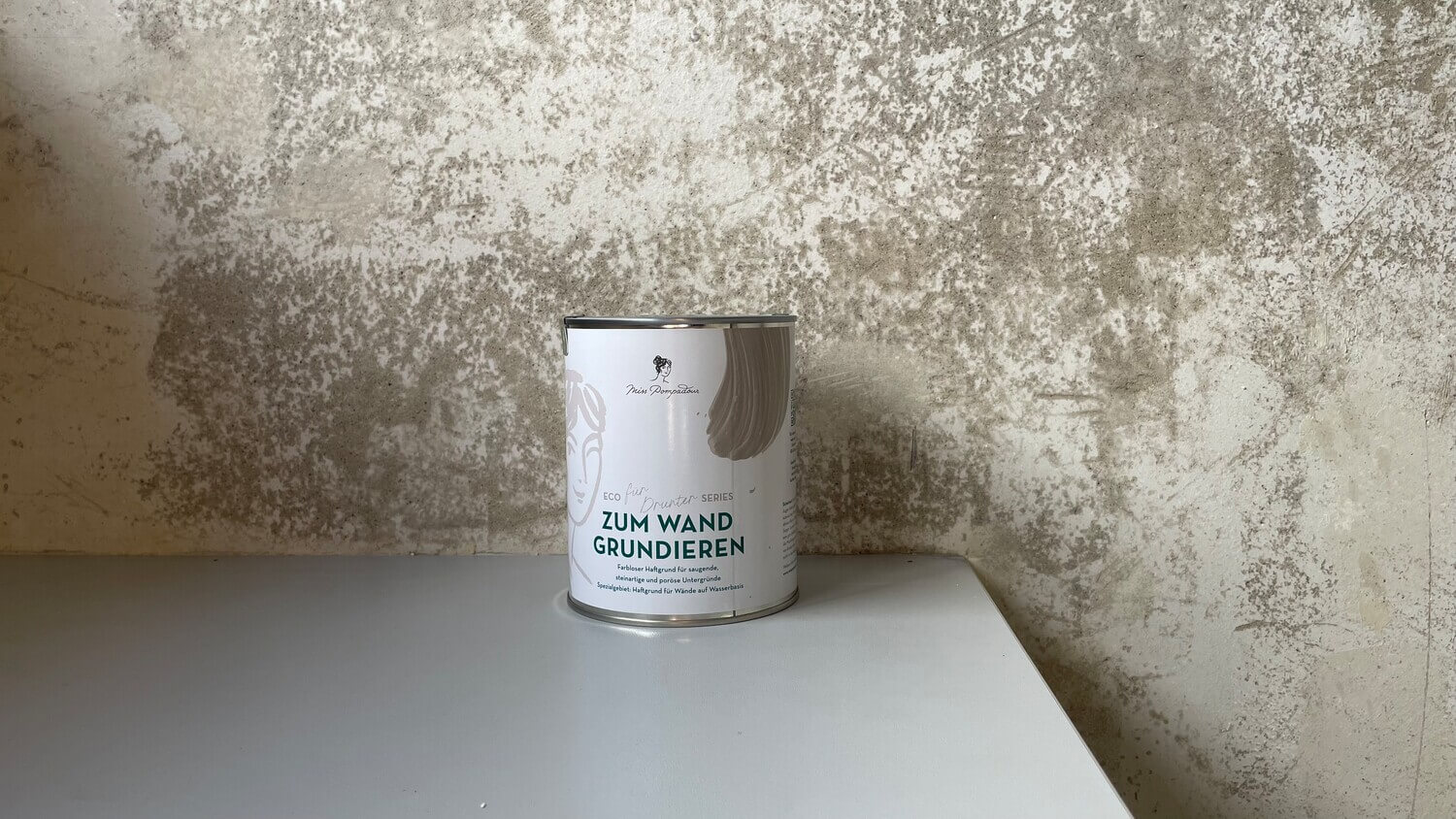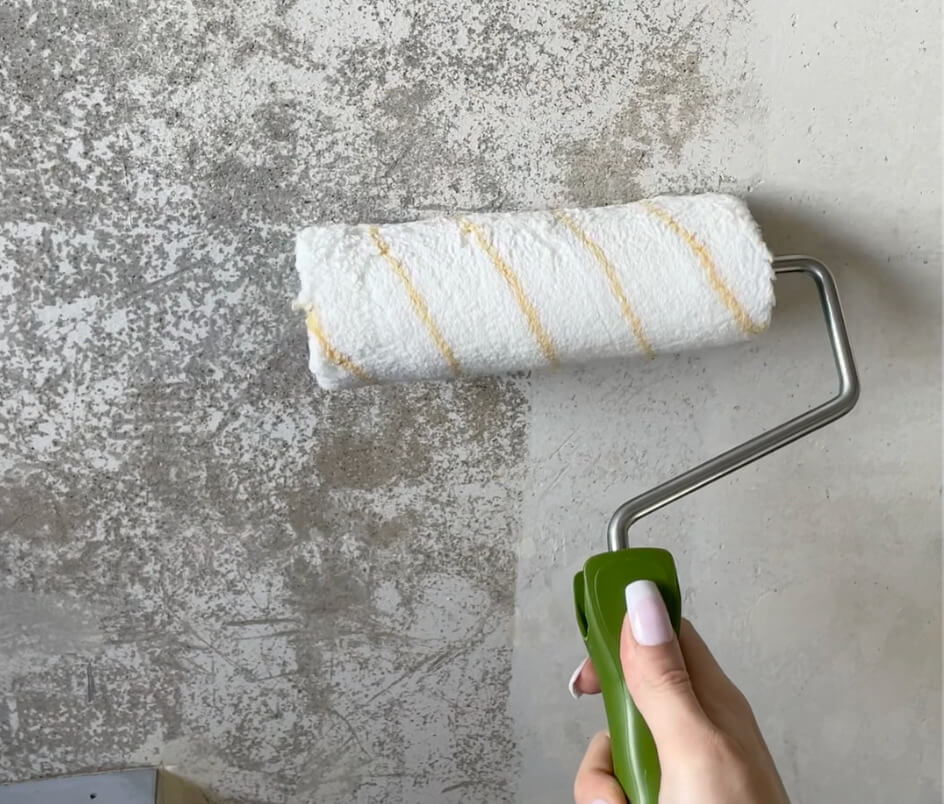To Prime Walls - Wall Primer
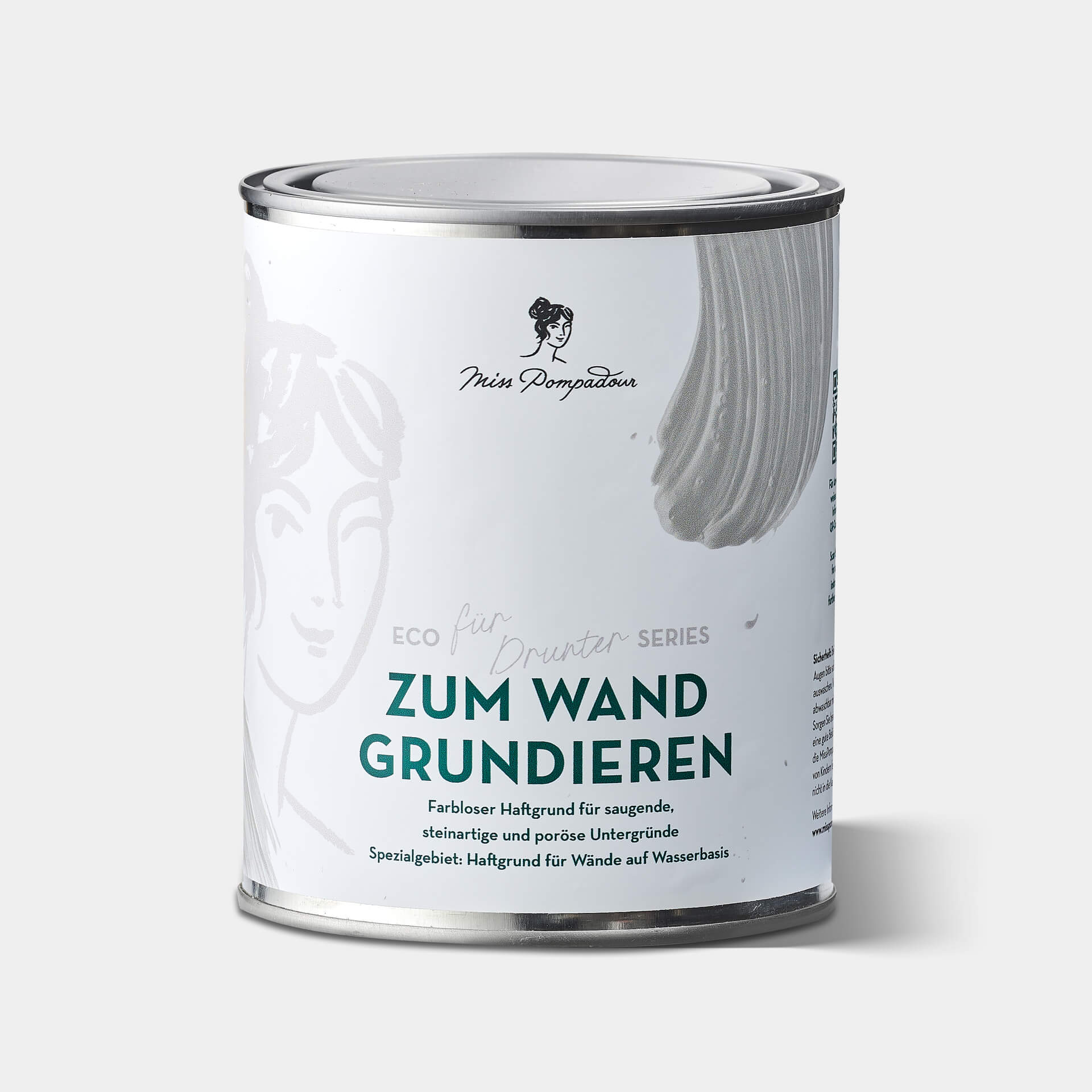
To Prime Walls - Wall Primer
€19.00
Available, delivery time: 2 to 4 Working days
- High quality paints
- Individual color consultation
- Safe DHL Delivery
This is what our customers say
MissPompadour To Prime Walls - Wallprimer
To Prime Walls is a classic wall primer that prepares your walls perfectly for a coat of wall paint, even if they don't look quite so simple.
Often it is enough to simply paint twice with one of our wall paints without primer. Our paints cover excellently and achieve an even painting result. They adhere to old emulsion paint as well as to old chalk coats.
Sometimes, however, there are walls that are a little more complicated. For example, drywall made of plasterboard is extremely absorbent. And in old buildings you often find walls with a sandy, porous surface structure. Even if you want to paint concrete or exposed brickwork, it's often difficult to get an even finish. In all these cases, we recommend a primer coat of To Prime Walls to prepare the surface. It will close the pores of your wall, creating an even matt surface for your wall paint to adhere to.
How to use MissPompadour Stainblock correctly for To Paint
First testthe absorbency of your wall on an inconspicuous spot. Wet the area with water from a spray bottle. If the water runs off, you do not need to prime. If it soaks into the wall, you should prime it with deep primer.
To Prime Walls is diluted with up to 3 parts of water, depending on the substrate: The more absorbent your substrate, the less you should dilute. This means that you will get up to a maximum of 4L of primer from 1L can of To Prime Walls. If the water soaks into the wall immediately or dries up very quickly, you should prime with undiluted primer.
It is also possible to mix To Prime Walls with the paint for a first coat. The combination of primer and paint makes the first coat less opaque, but the second coat will be all the more even.
The primer is applied thinly with the Roller. The deep primer is suitable for use both indoors and outdoors. You should make absolutely sure that there are no shiny spots when applying the primer. If this is the case, it helps to dilute To Prime Walls more with water. The outdoor temperature should be at least 10 °C during application. To Prime Walls can be painted over after 4 hours drying time. The matt and even surface created by To Prime Walls is then painted with the final colour to create an even finish.
Deep primer for absorbent & porous substrates
Walls do not always form an ideal base for wall paints. Especially in old buildings, you sometimes find plaster that is a little crumbly and to which the paint cannot adhere evenly. But there are also problematic walls in newer and brand new buildings. Nowadays, it is common to make interior walls out of plasterboard. Although plasterboard has a smooth surface, it has the property of absorbing a lot of paint. In both cases, a primer coat of To Prime Walls makes sense. This deep primer creates an even, non-absorbent surface and thus prepares your walls perfectly for the actual paint coat.
Stone and concrete primer for interior & exterior use
If you want to paint exposed brickwork and stone walls indoors or outdoors, you should also prepare with To Prime Walls. Stones always have small and tiny pores that swallow up an extremely large amount of paint and make a coat of paint look slightly uneven and patchy. Unpolished concrete also has an irregular surface and should therefore be pre-treated with a primer.
MissPompadour To Prime Walls: Contains reaction mass of 5-chloro-2-methyl-2H-isothiazol-3-one and 2-methyl-2H-isothiazol-3-one(3:1), 1,2-benzisothiazol-3(2H)-one. May produce an allergic reaction. Safety data sheet available on request. If medical advice is needed, have product container or label at hand. Keep out of reach of children. Use only outdoors or in a well-ventilated area. Avoid release to the environment. Wear protective gloves/protective clothing/eye protection/face protection. Dispose of contents/container in accordance with local/regional/ national/international regulations. EU limit value for this product (cat. A/h): 30 g/l (2010). This product contains max. 30 g/l VOC.
Manufacturer/Responsible person:
MissPompadour GmbH
Am Reitfeld 10, 93161 Sinzing, Germany
service@misspompadour.com
+49 941 206 068 20
| Application: | Priming of fresh and highly absorbent substrates (including lime plaster, fresh gypsum plaster, renovation plaster, loam plaster) |
|---|---|
| Processing: | dust-dry after approx. 1 hour, recoatable after approx. 4 hours |
| Quantity: | 1 litre |
| Reach: | approx. 3 - 5 m²/l, depending on the absorbency of the substrate when used undiluted |
| To Prime Walls: | Download technical data sheet |

